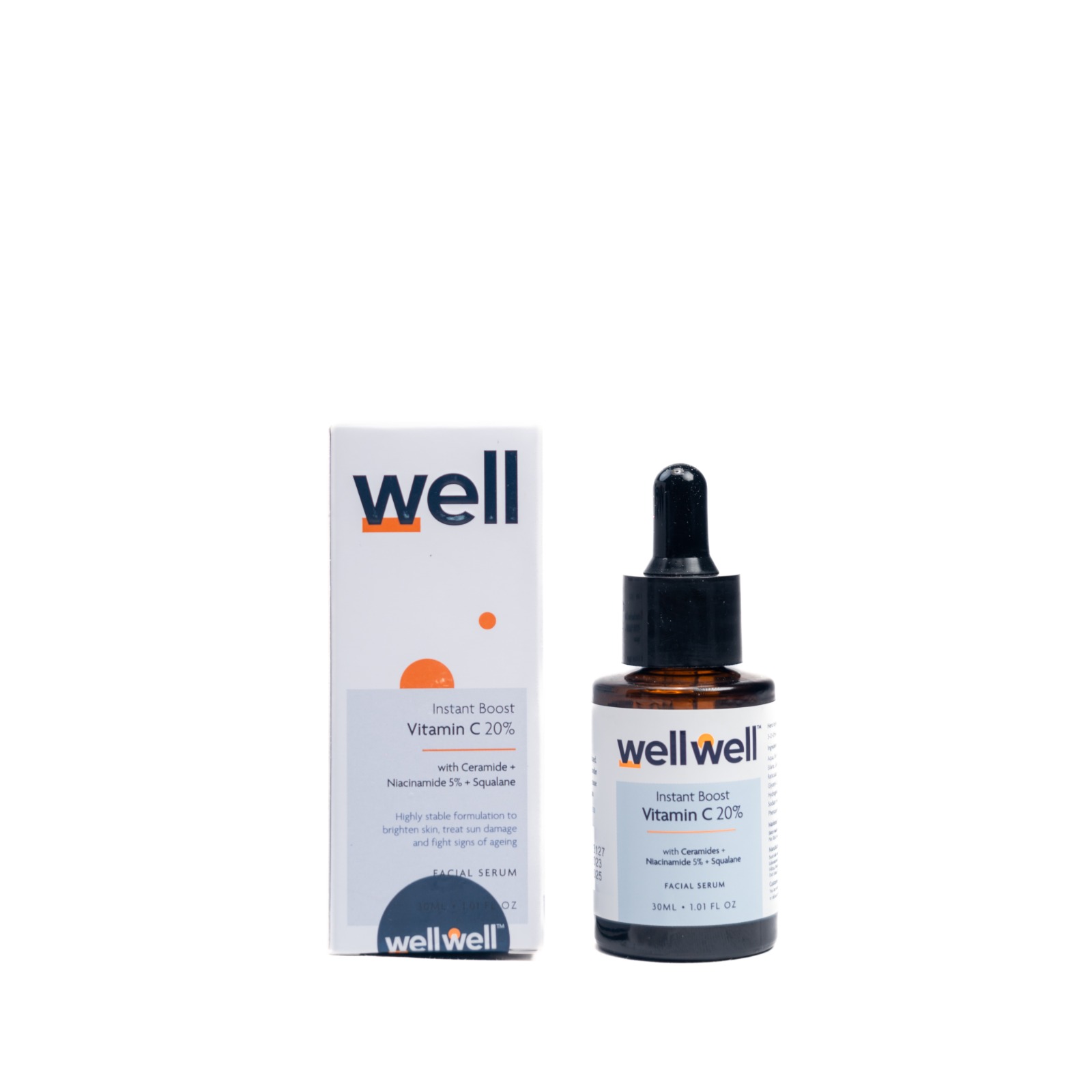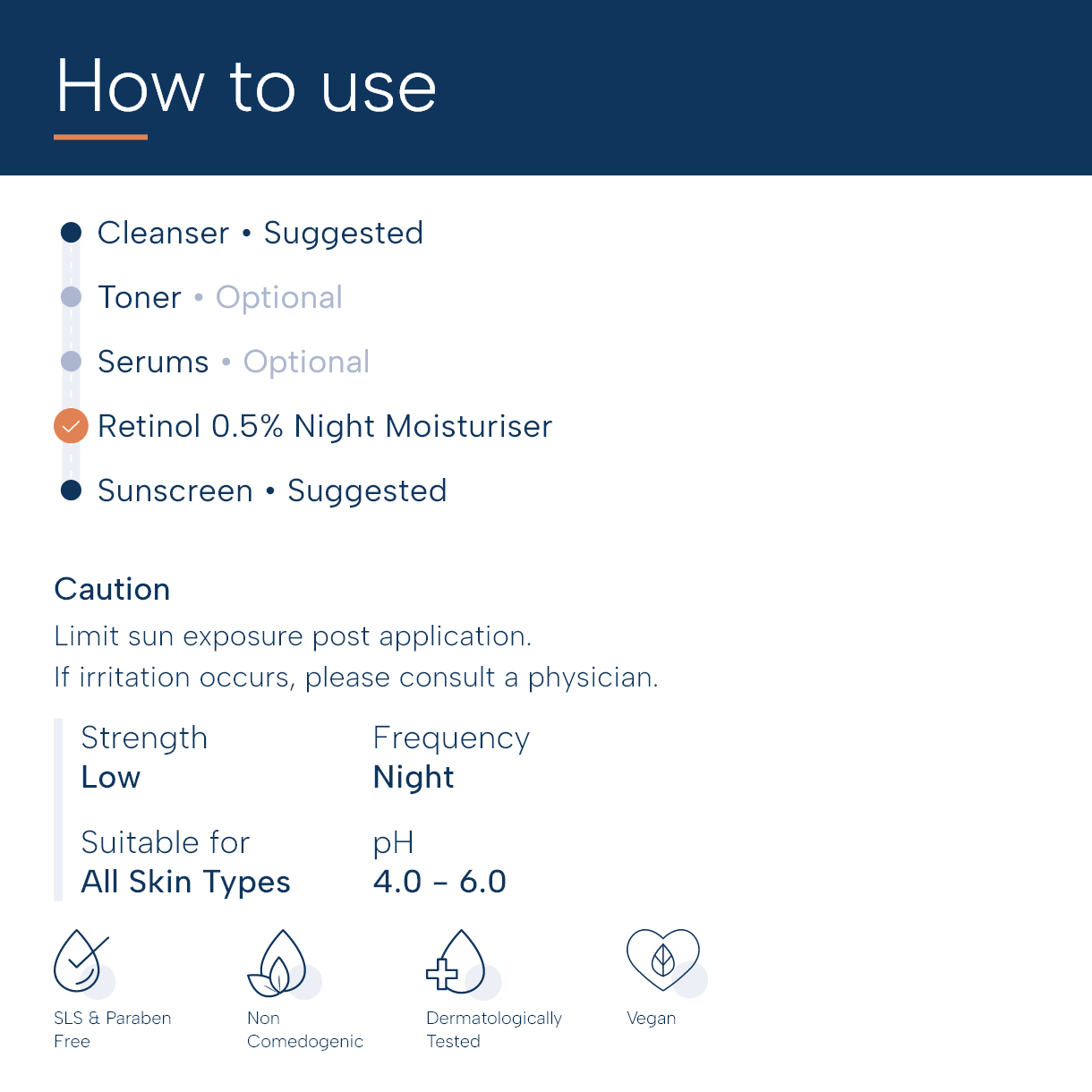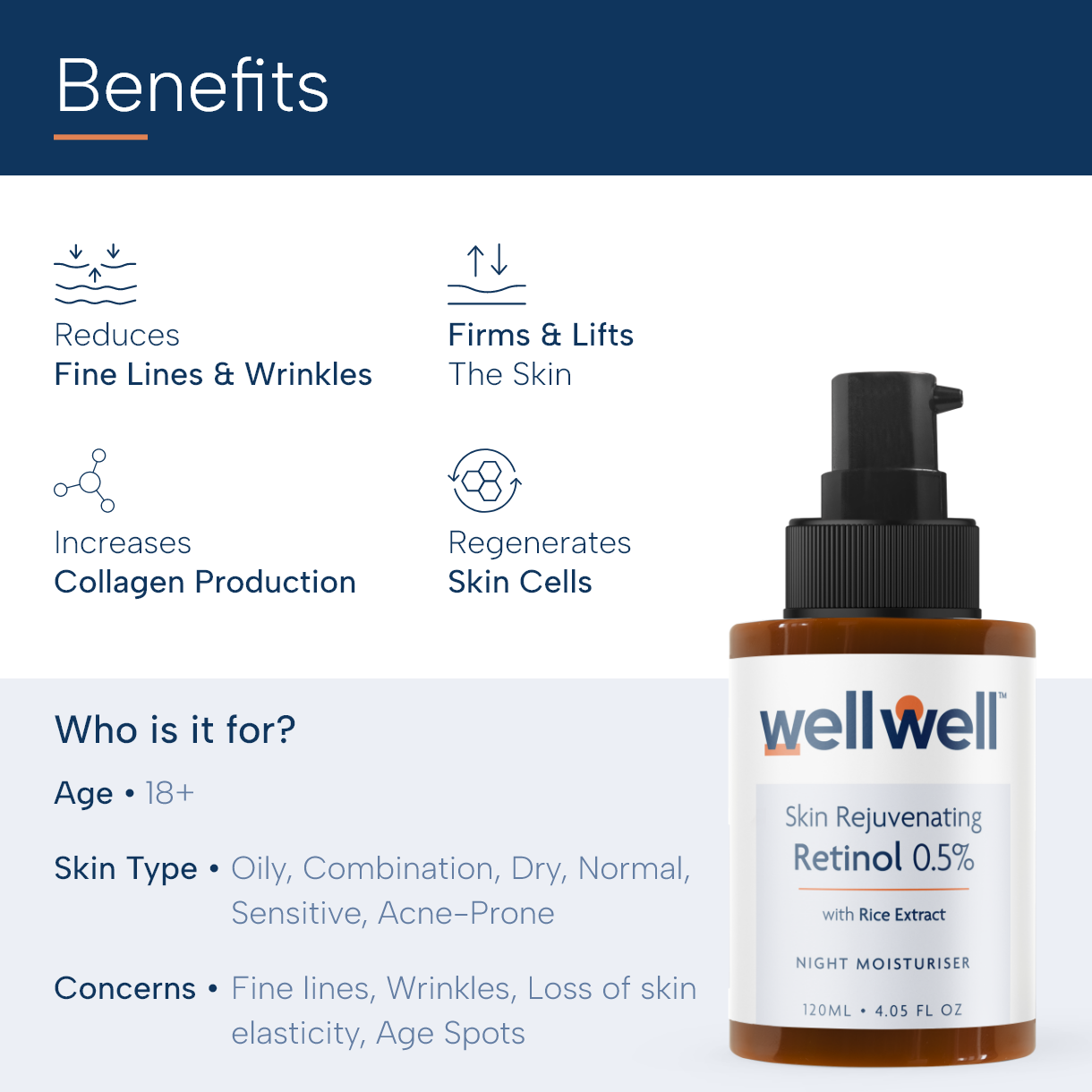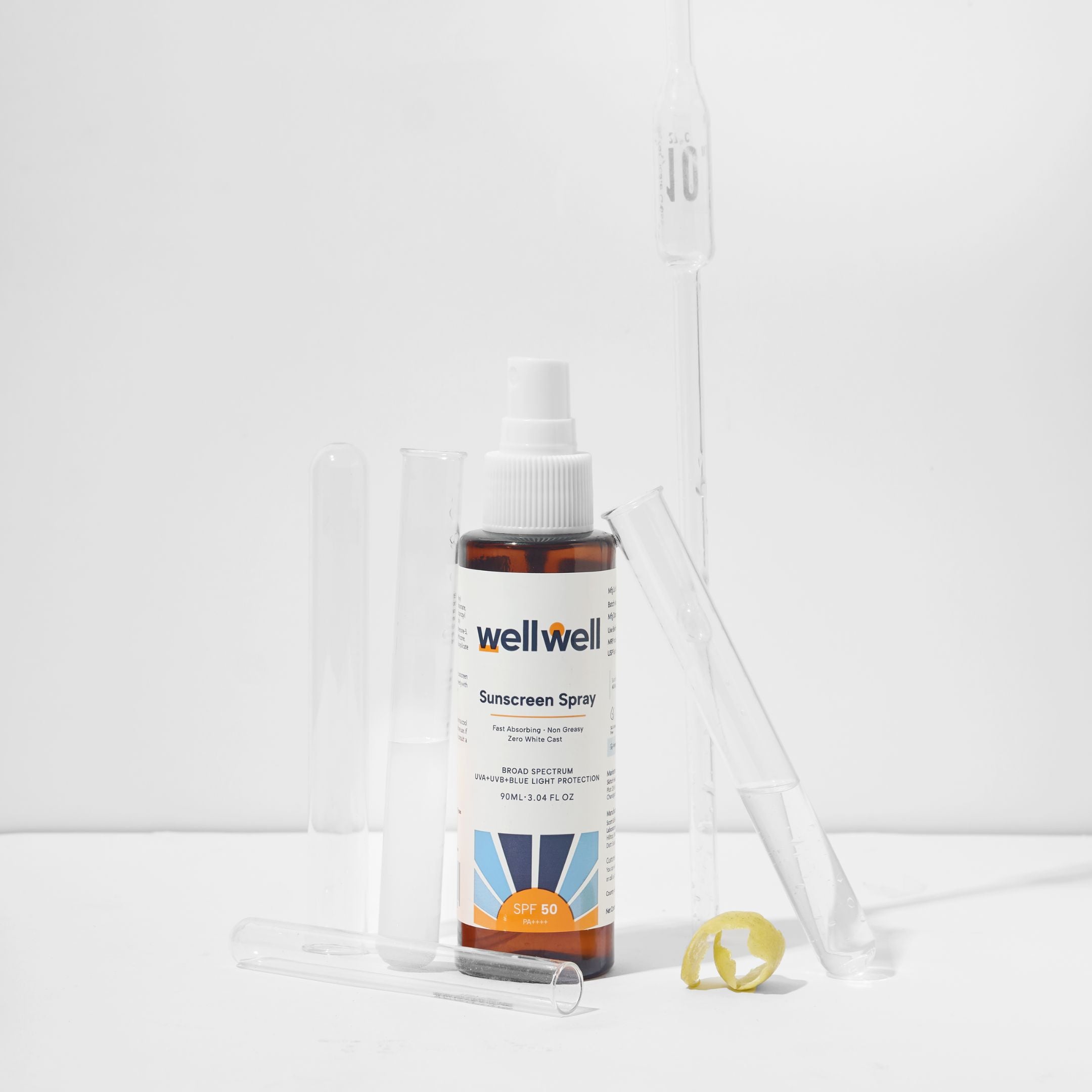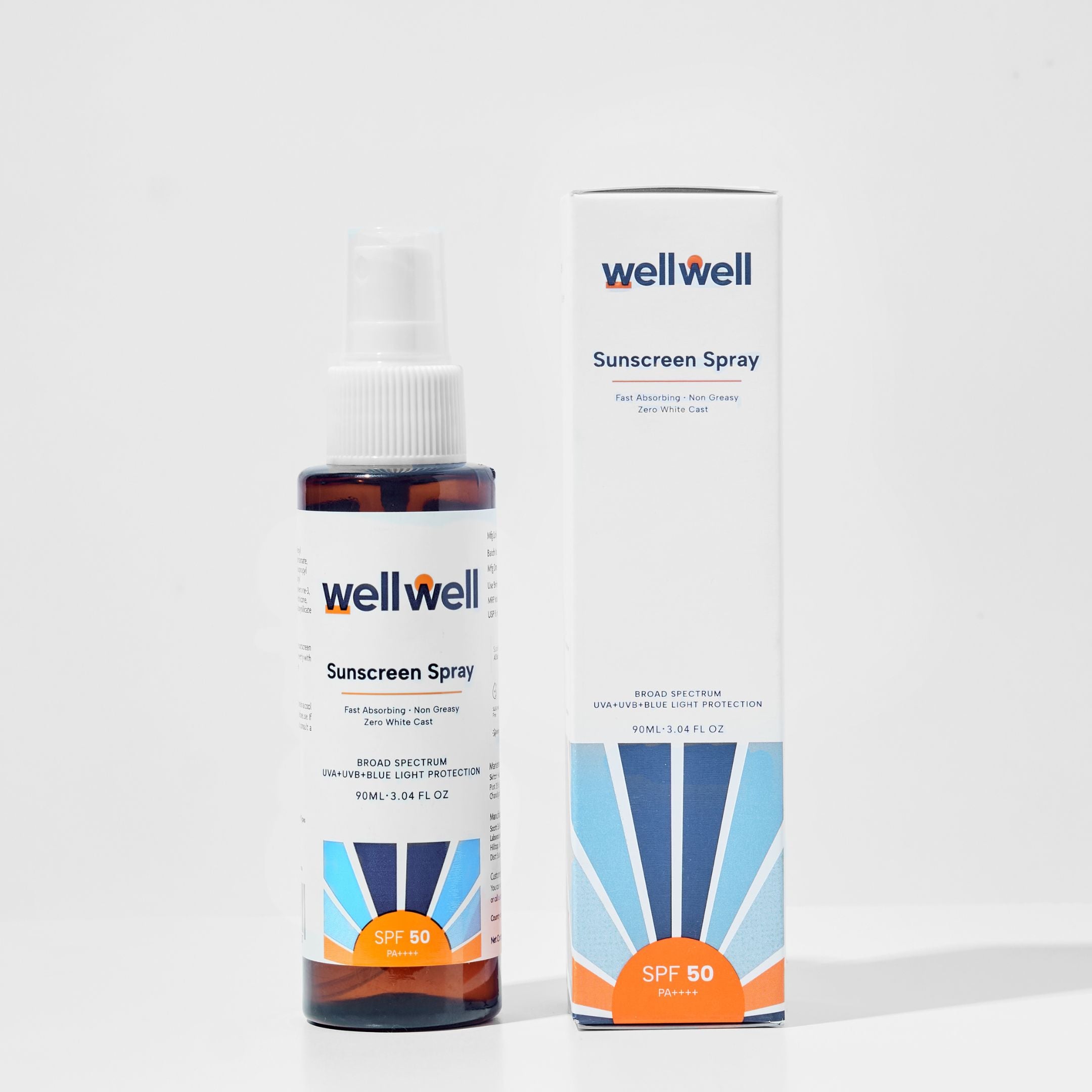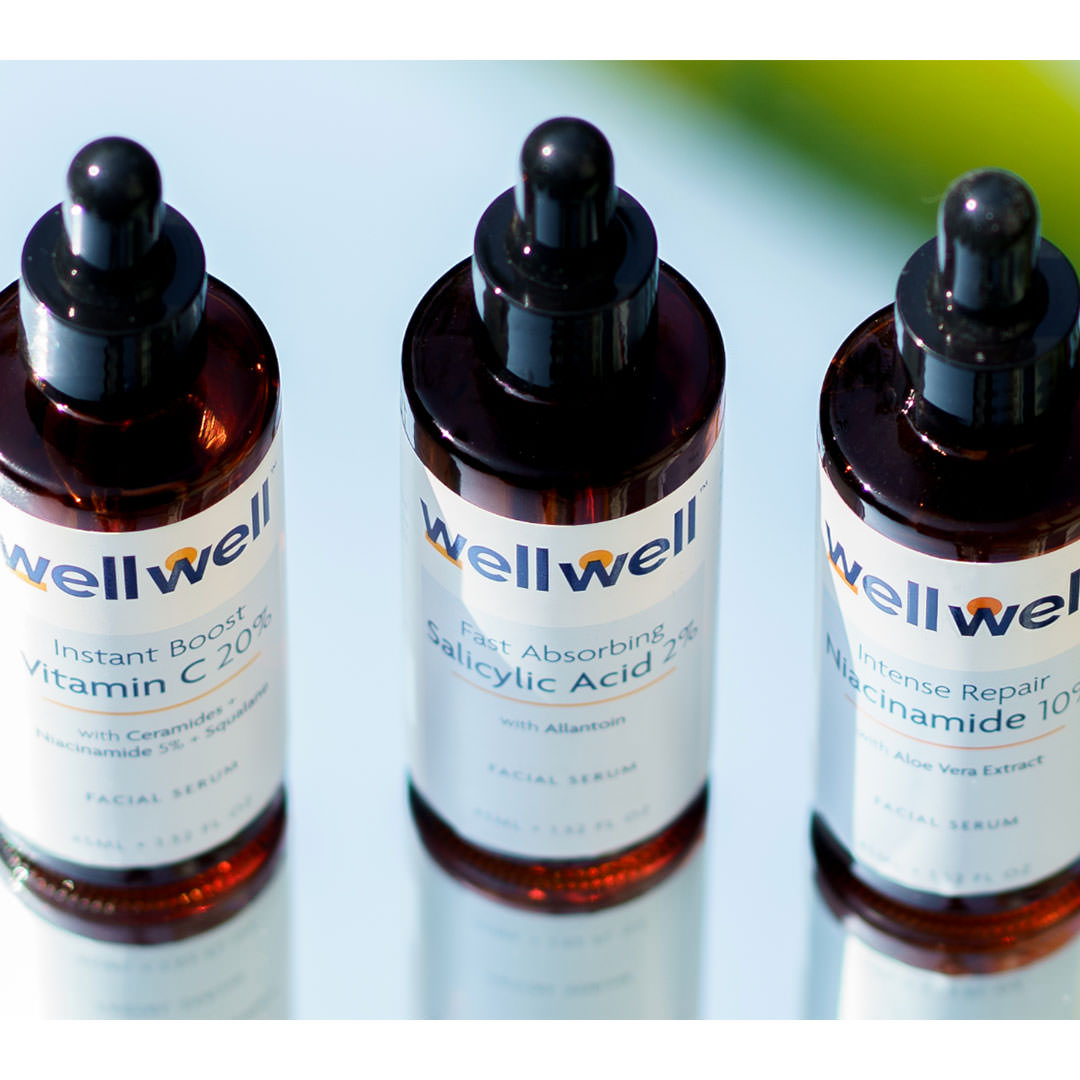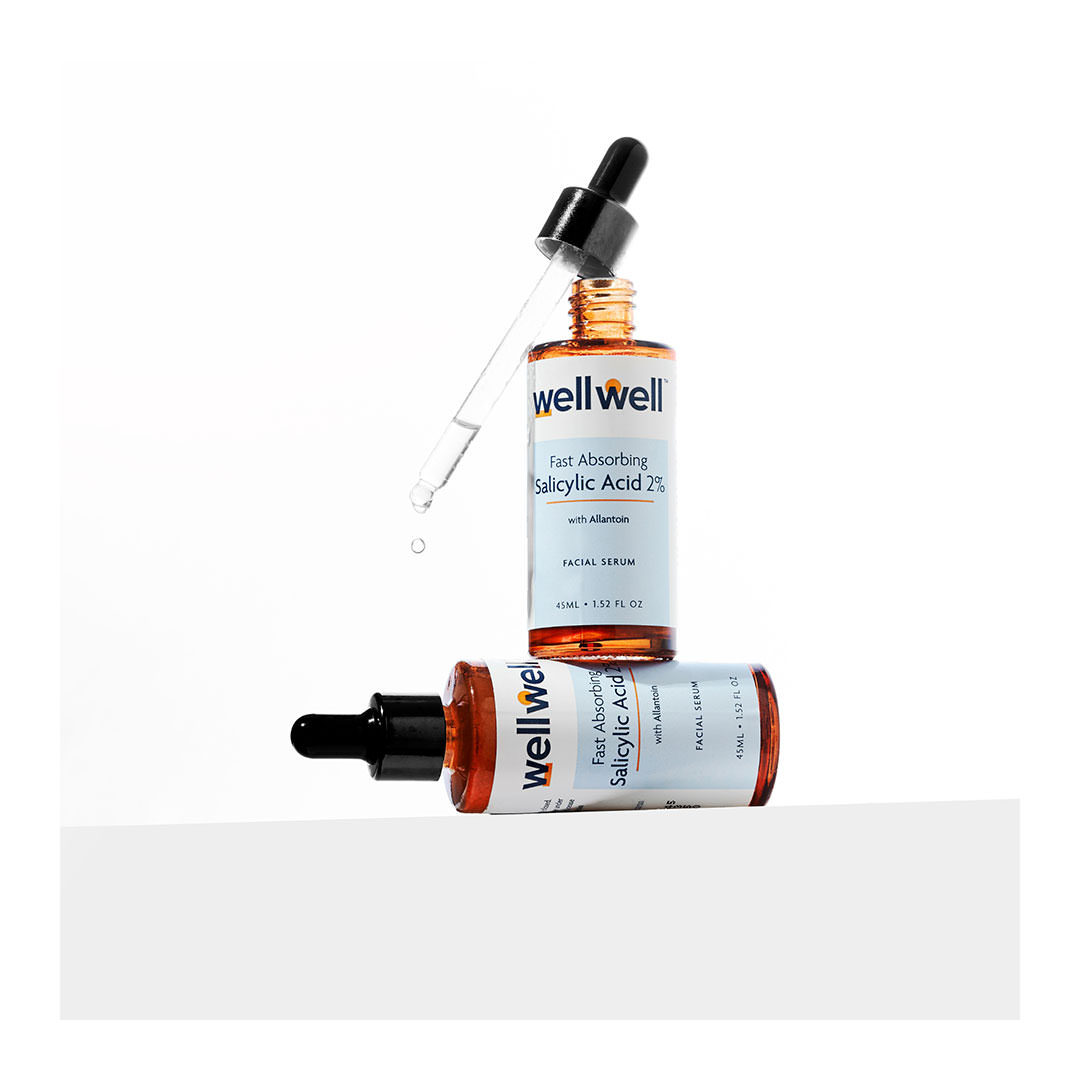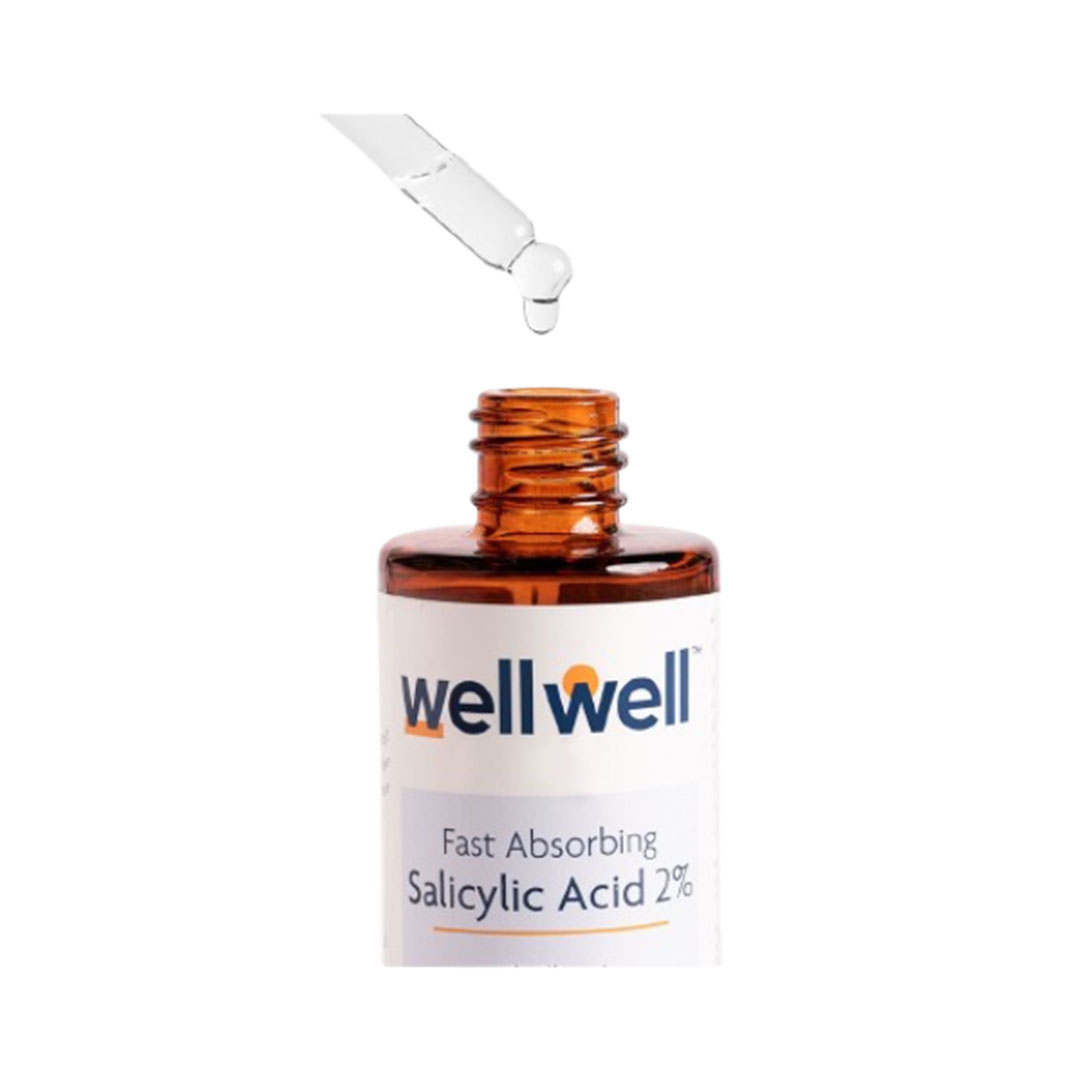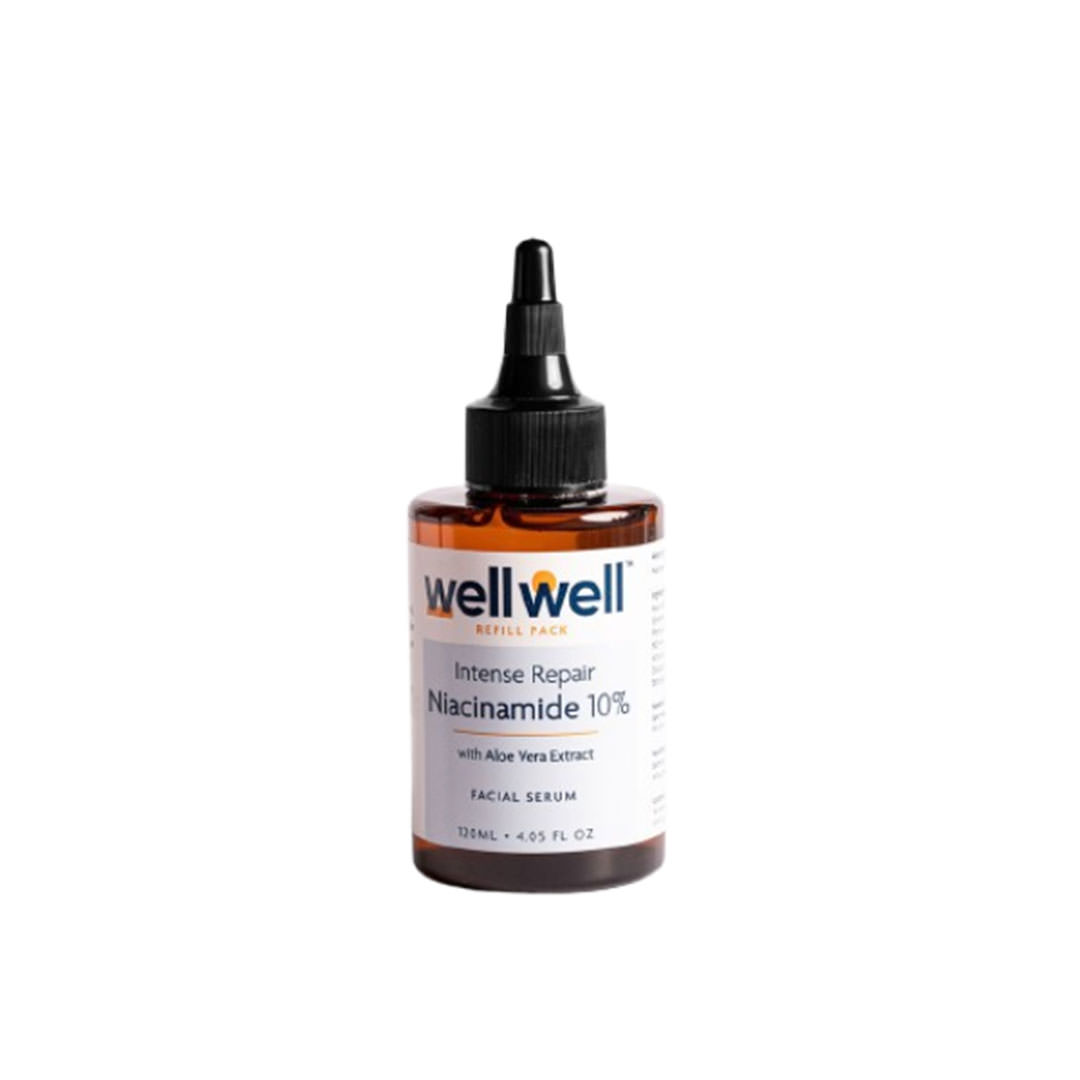My Sunscreen Secrets: Your Ultimate Guide to a Radiant, Protected Glow
Hey everyone! You know how I'm all about a great strategy, whether it's for my career or my skincare. And if there’s one product I absolutely refuse to skip, its sunscreen. Seriously, if you take away every other product from my routine, but leave me with sunscreen, I'll still be happy. It's the one product that protects everything else you do for your skin. Think of it as the ultimate security system for your beautiful complexion!
Over the years, from my time on set under blazing lights to my travels for Deurali Janata Pharmaceuticals, I've seen firsthand what the sun can do. It's not just about a painful burn; it's about long-term damage that sneaks up on you. So let’s get into the why and the how of sunscreen, so you can make it your new best friend.
Why You Need Sunscreen (It’s Not Just for summer)
I hear it all the time: “I don’t need sunscreen today, it’s cloudy!” or “I’m not going to the beach.” That’s a common misconception. The sun's harmful ultraviolet (UV) rays are present every single day, all year round, even when it's cloudy or you’re indoors by a window. Here's what those rays are doing:
- UVA Rays: Think of these as the "Aging" rays. They penetrate deep into your skin, causing premature aging, fine lines, wrinkles, and dark spots. They can even pass through glass!
- UVB Rays: These are the "Burning" rays. They cause sunburns and are the primary cause of skin cancer.
By using sunscreen daily, you are directly protecting your skin from these silent threats. It’s the single most effective product for preventing premature aging, and it’s a crucial step in maintaining your skin’s health.
How to Choose Your Sunscreen
The sunscreen aisle can be overwhelming, so let's break it down. There are two main types:
- Chemical Sunscreens: These absorb UV rays and convert them into heat, which is then released from the skin. Ingredients to look for are oxybenzone, avobenzone, and octinoxate. They are generally thinner, easier to apply, and don't leave a white cast.
- Mineral (or Physical) Sunscreens: These sit on top of your skin and act as a physical shield, deflecting UV rays. Ingredients are zinc oxide and titanium dioxide. They are great for sensitive or acne-prone skin. While they can sometimes leave a white cast, many modern formulas are now more sheer.
My Pro Tips:
- Always choose a sunscreen that is broad-spectrum to protect against both UVA and UVB rays.
- Look for an SPF of 30 or higher. This blocks about 97% of UVB rays. Higher SPFs offer slightly more protection, but the difference is minimal.
- Choose a formula that you actually like! If it feels good on your skin, you’ll be more likely to use it every day. I love a good sunscreen that feels more like a moisturizer.
The Right Way to Apply It
Applying sunscreen is a science! It's not about a quick dab here and there.
- Use Enough: You need a full teaspoon for your face and neck alone. Most people use way too little. If you use a spray, make sure you rub it in.
- Apply as the Last Step: Sunscreen should be the final step in your morning skincare routine, right before you apply makeup. This allows it to form a protective layer on top of your skin.
- Don’t Forget Key Areas: We often miss the most vulnerable spots. Make sure to apply it to your ears, the back of your neck, and your hands.
- Reapply: This is so important! Sunscreen's effectiveness wears off after a couple of hours, especially if you’re sweating or in the water. Reapply every two hours, or more often if you're very active.
Making sunscreen a daily habit is the most powerful beauty secret I can share. It's a simple step that has the biggest impact on your skin's health and longevity. Your future self will thank you!
Author: Ms Rojina



 0
0
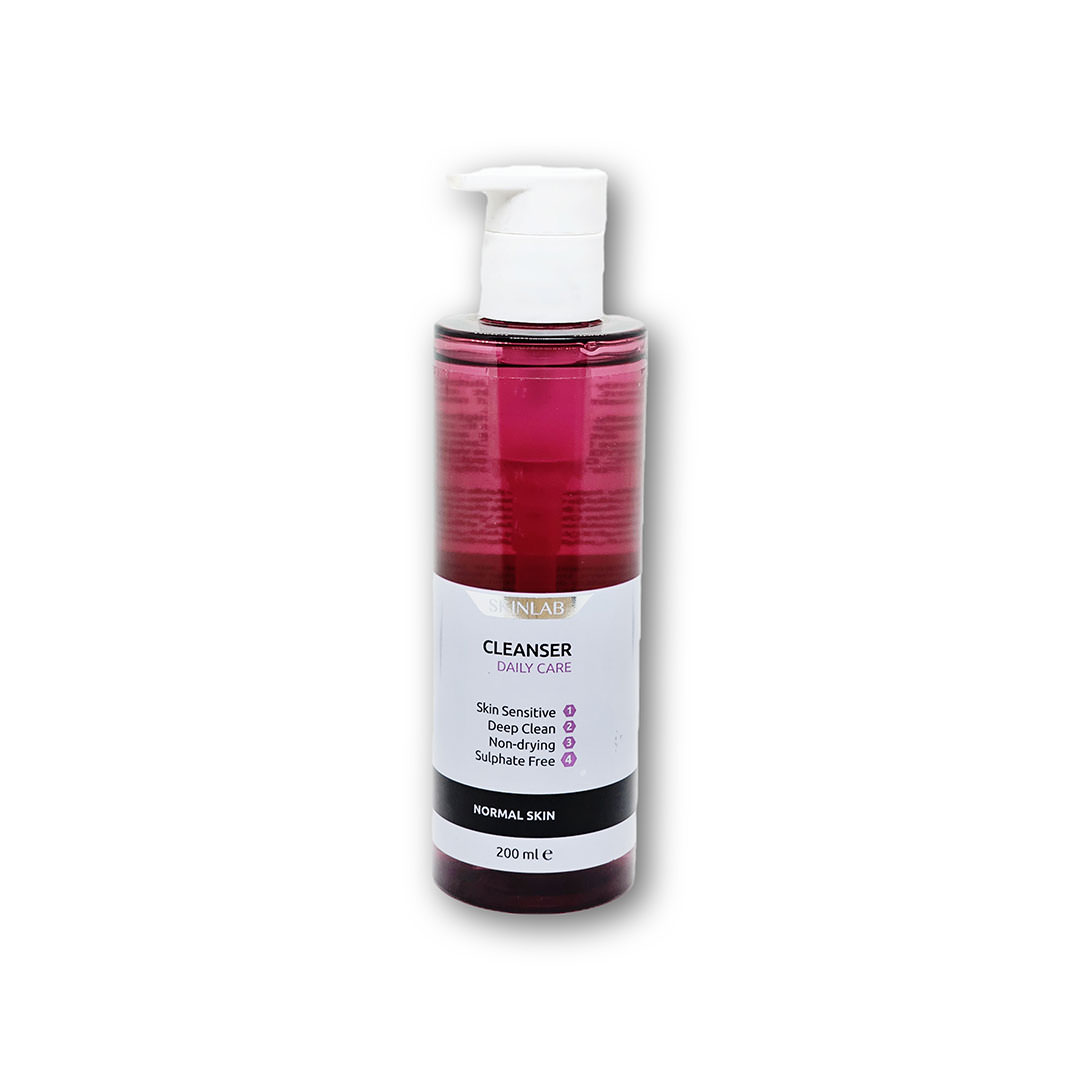
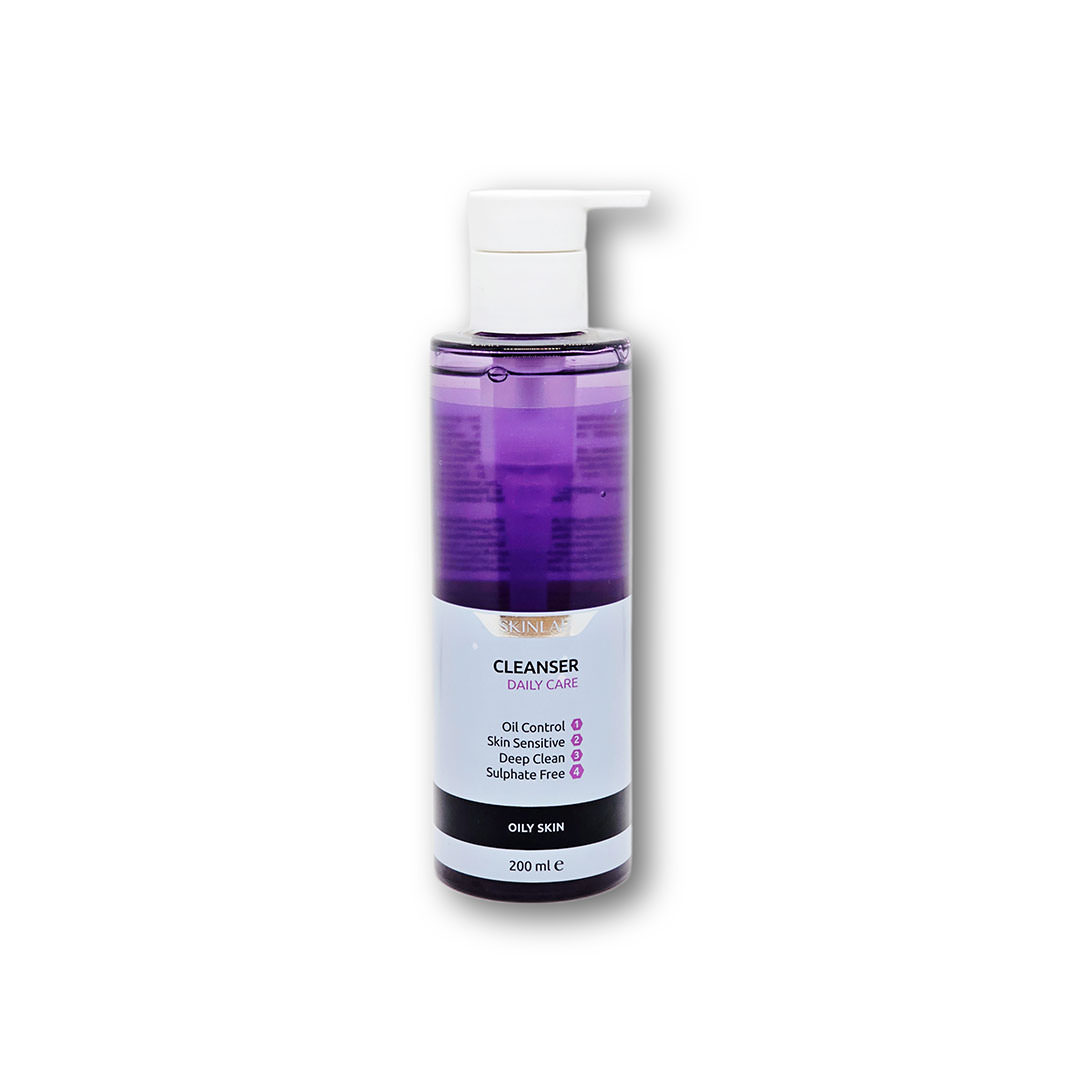
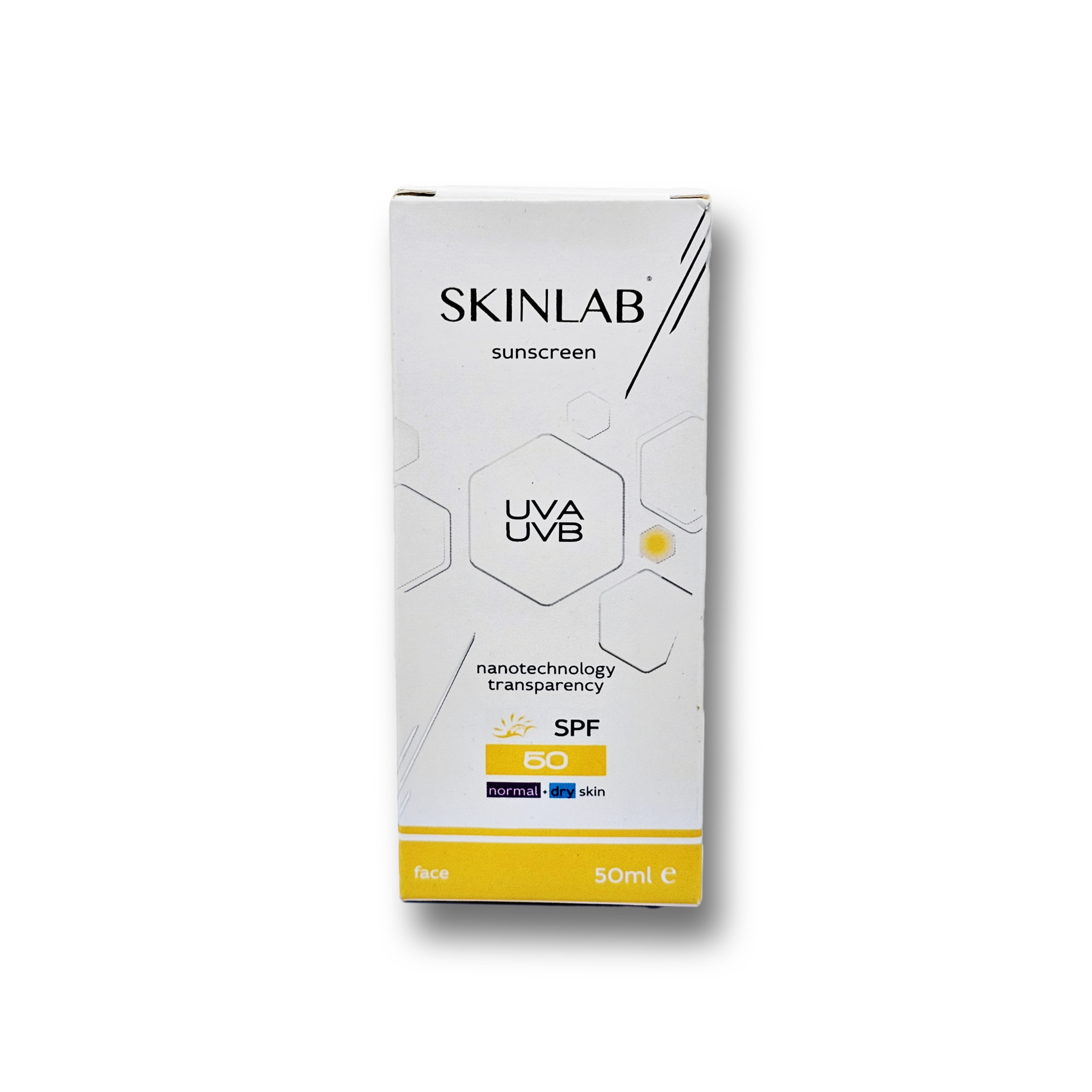
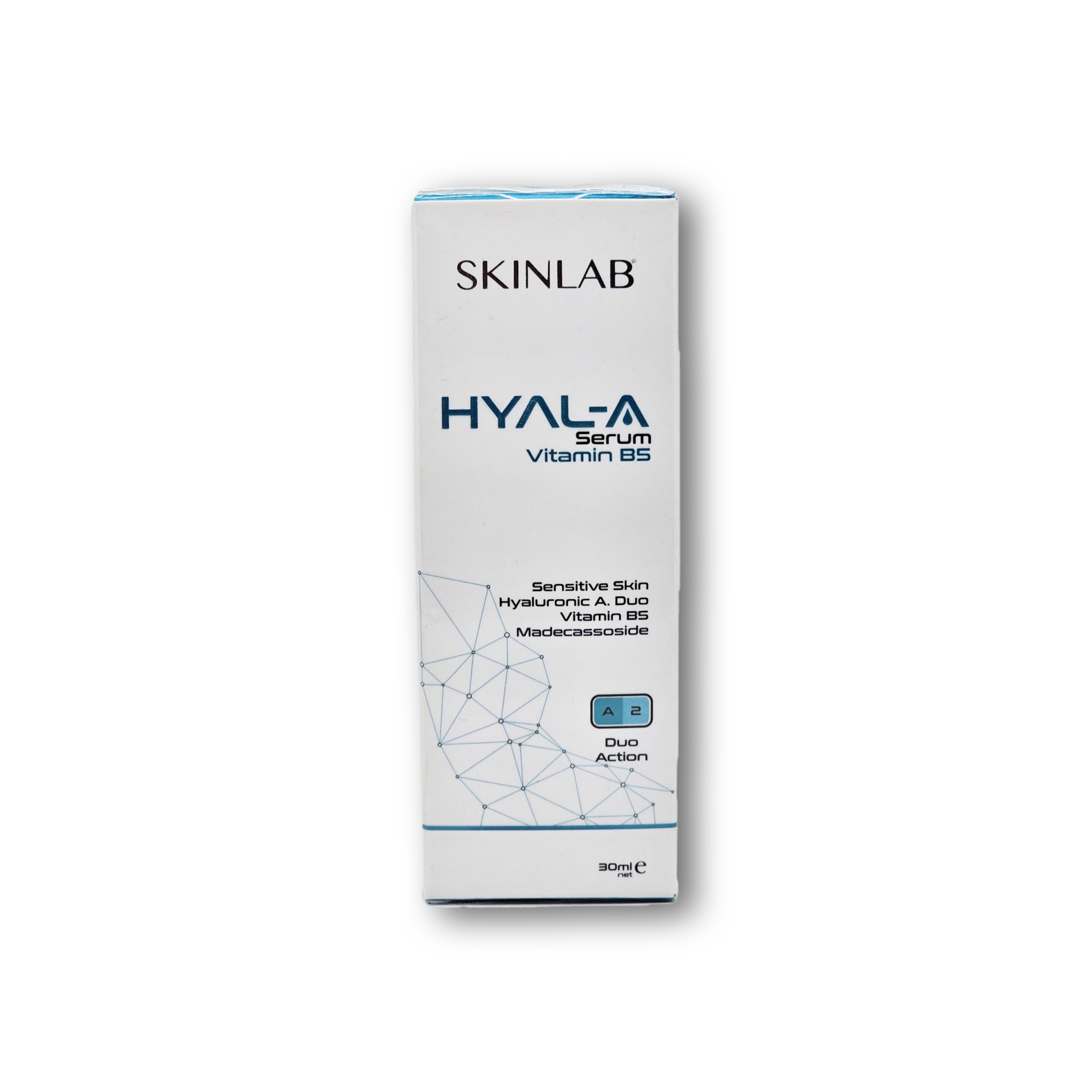
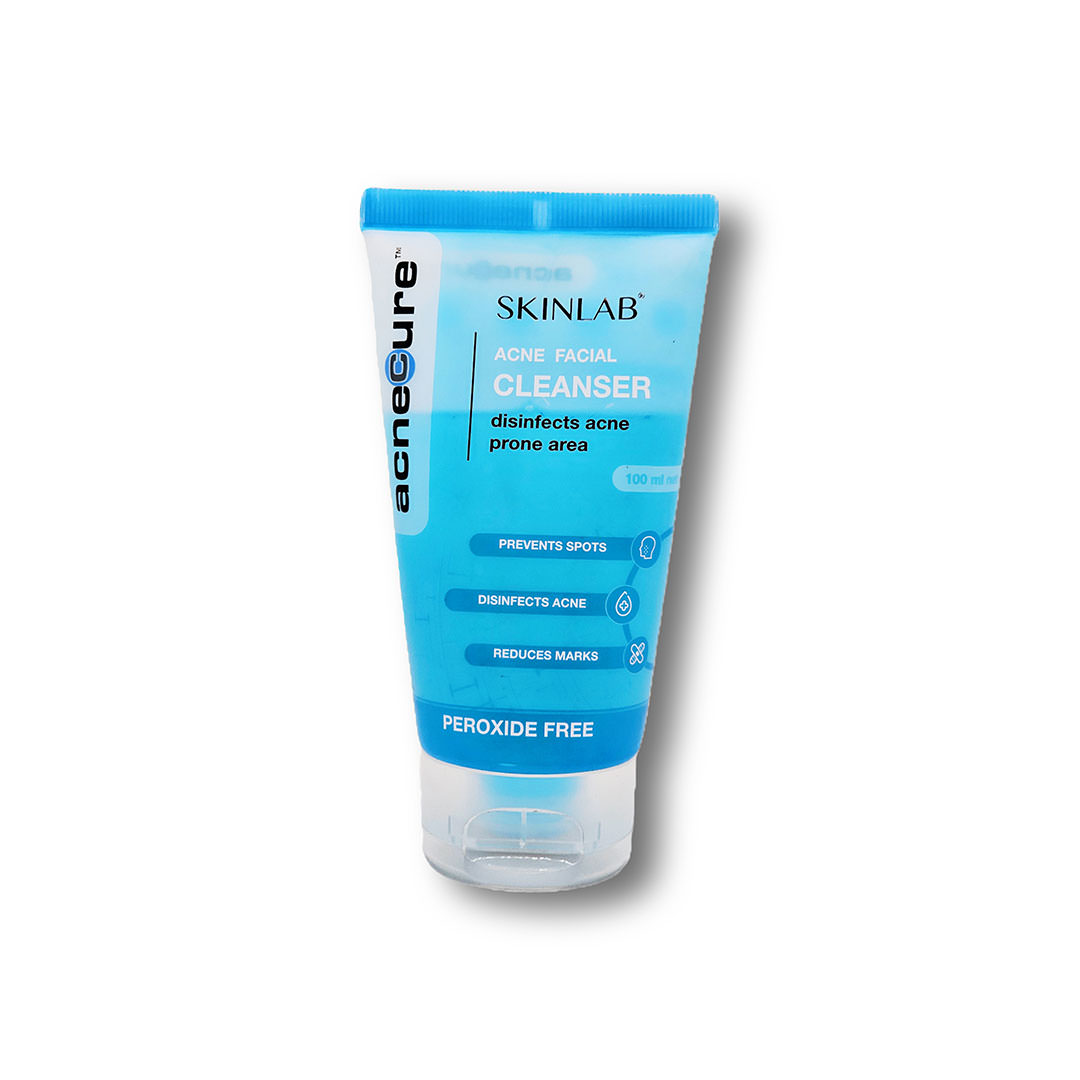
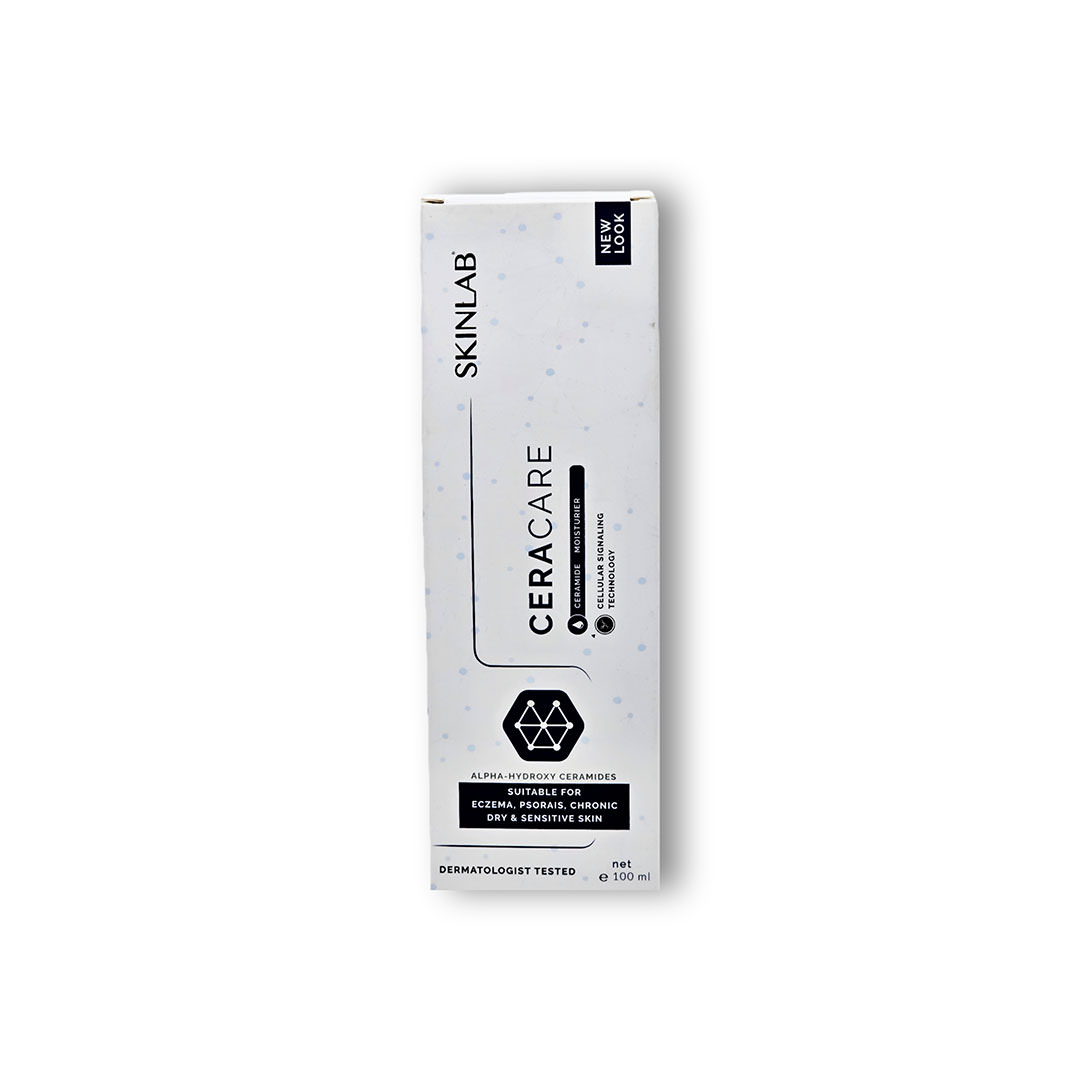
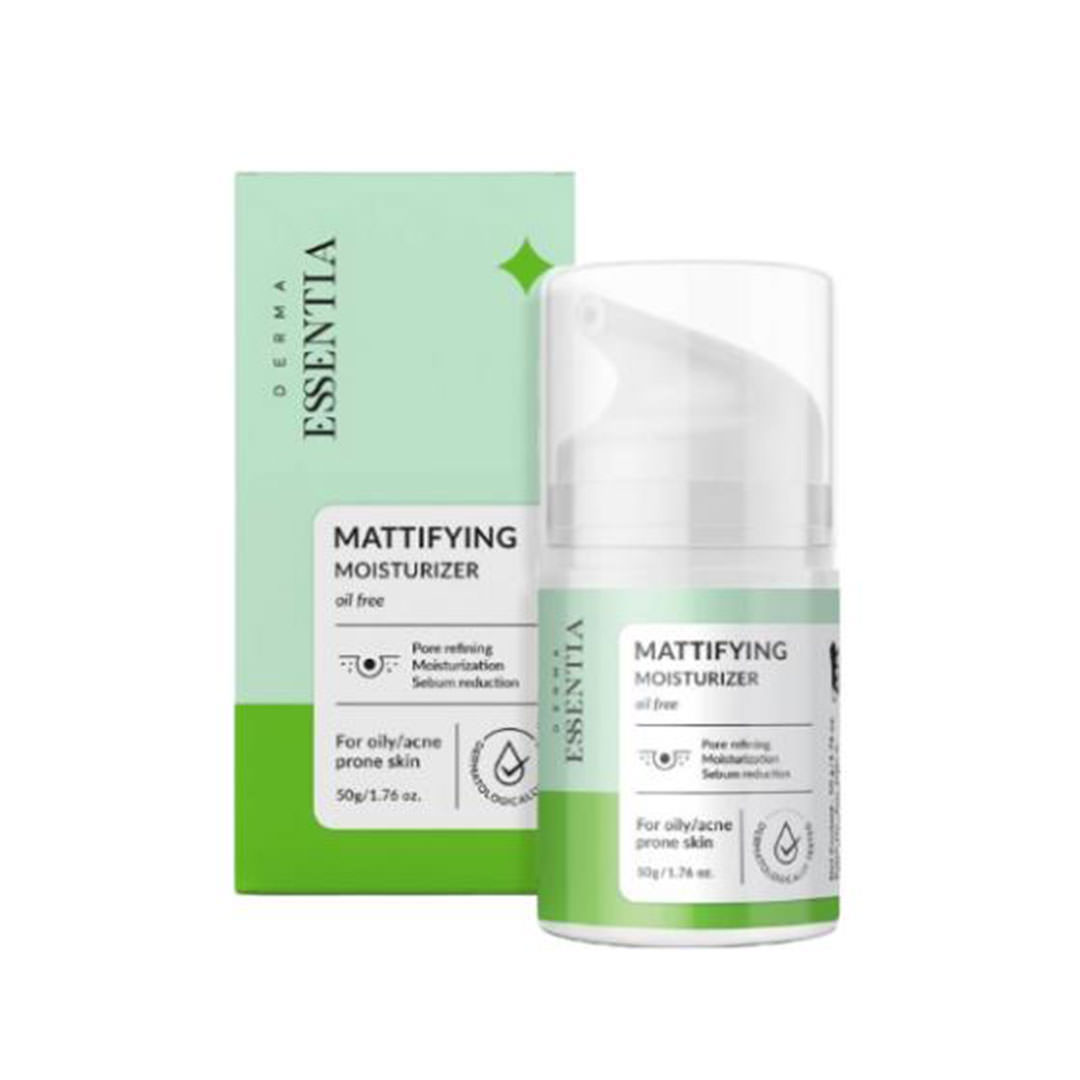
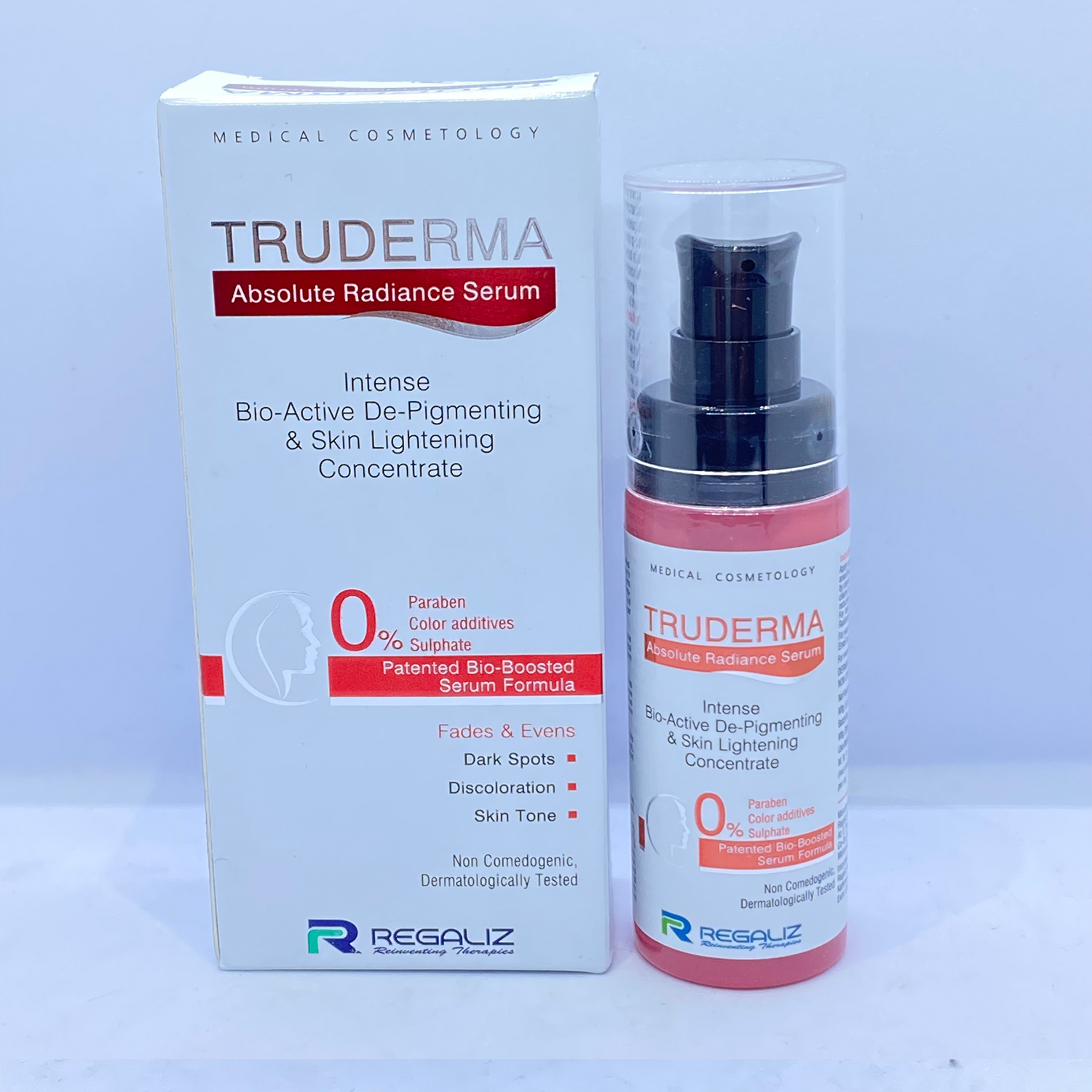
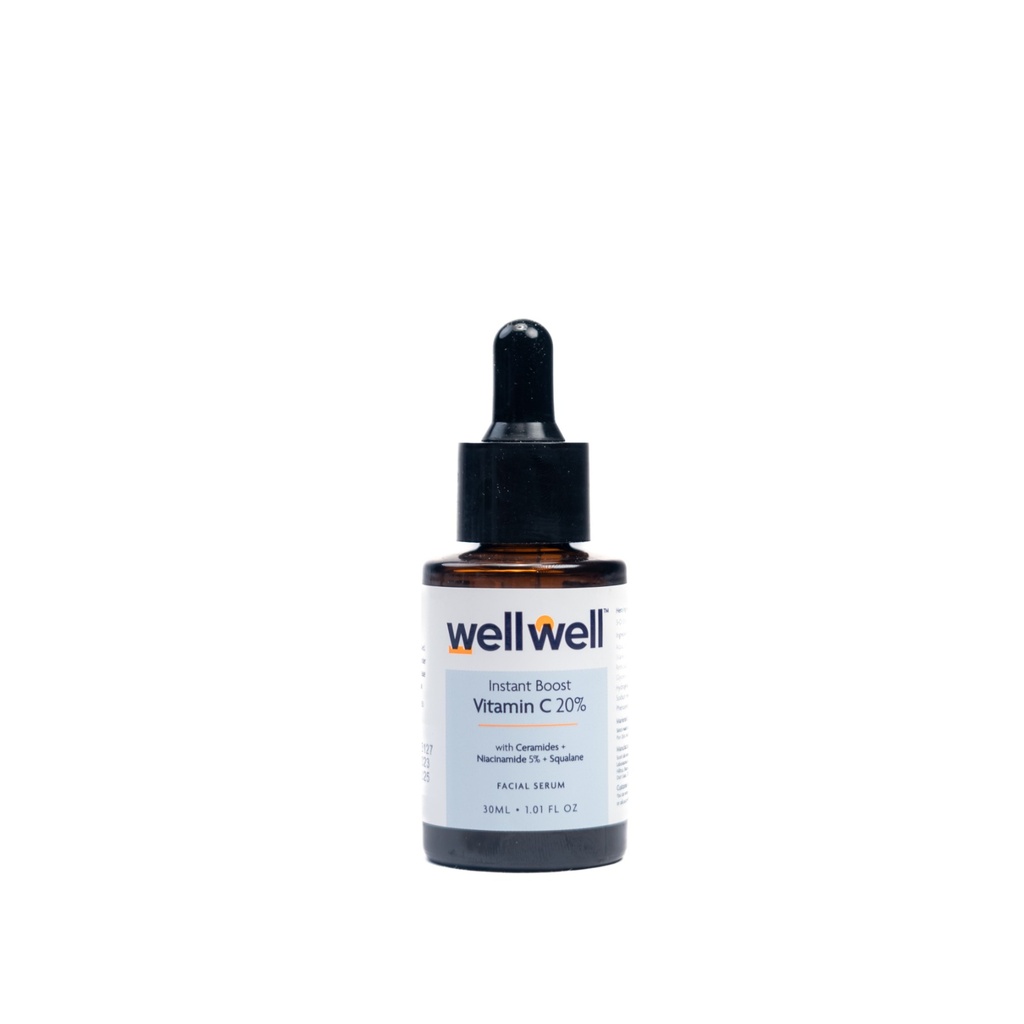
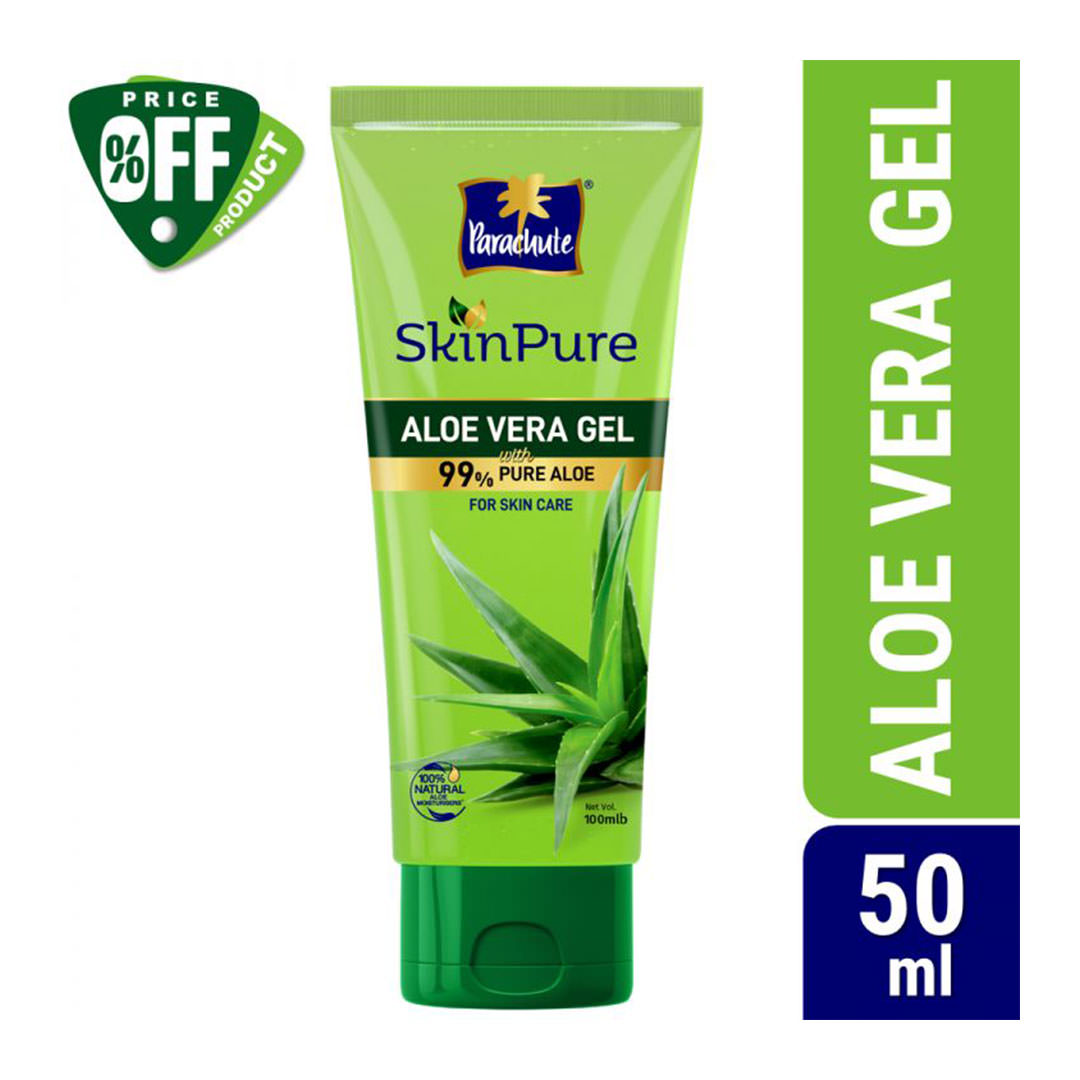
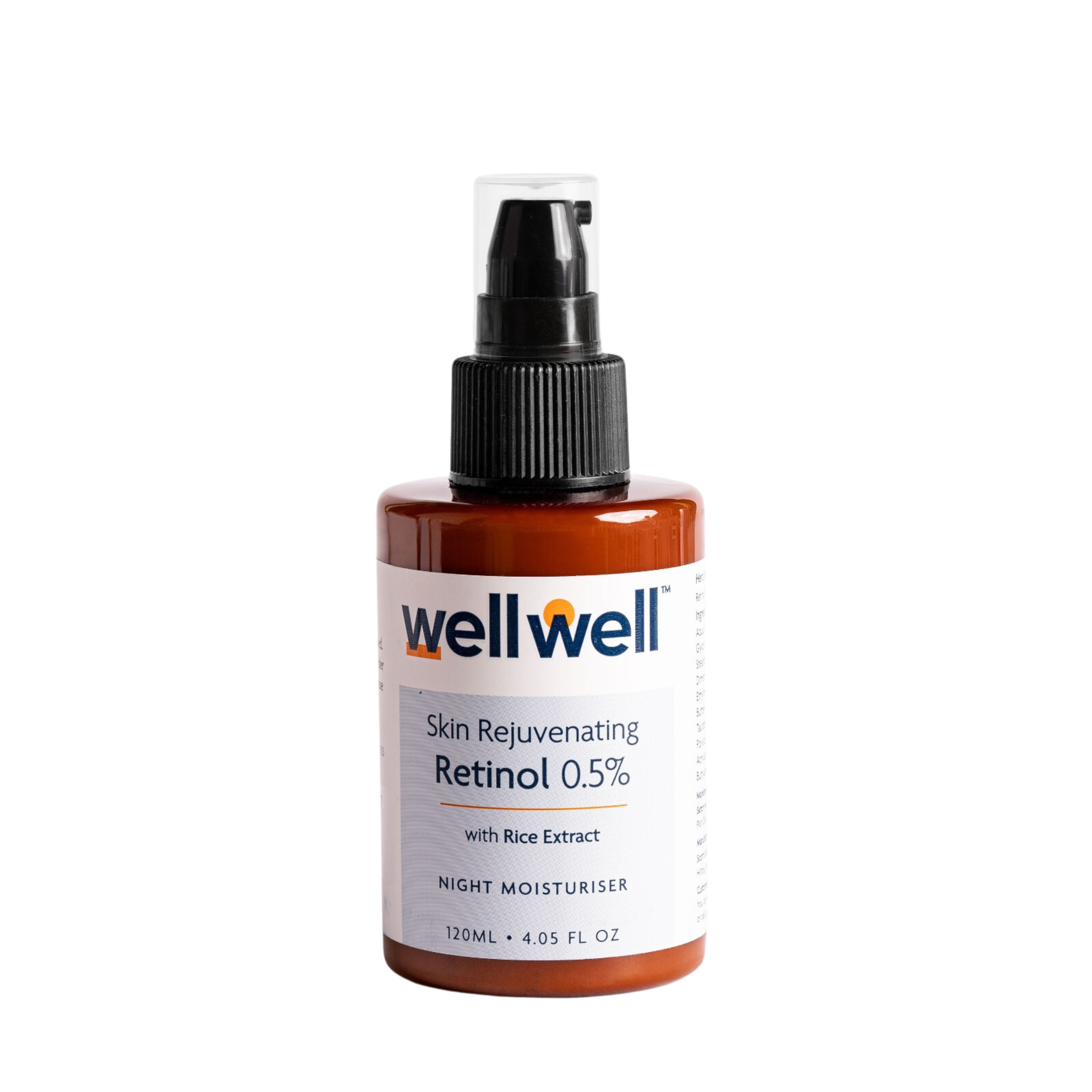
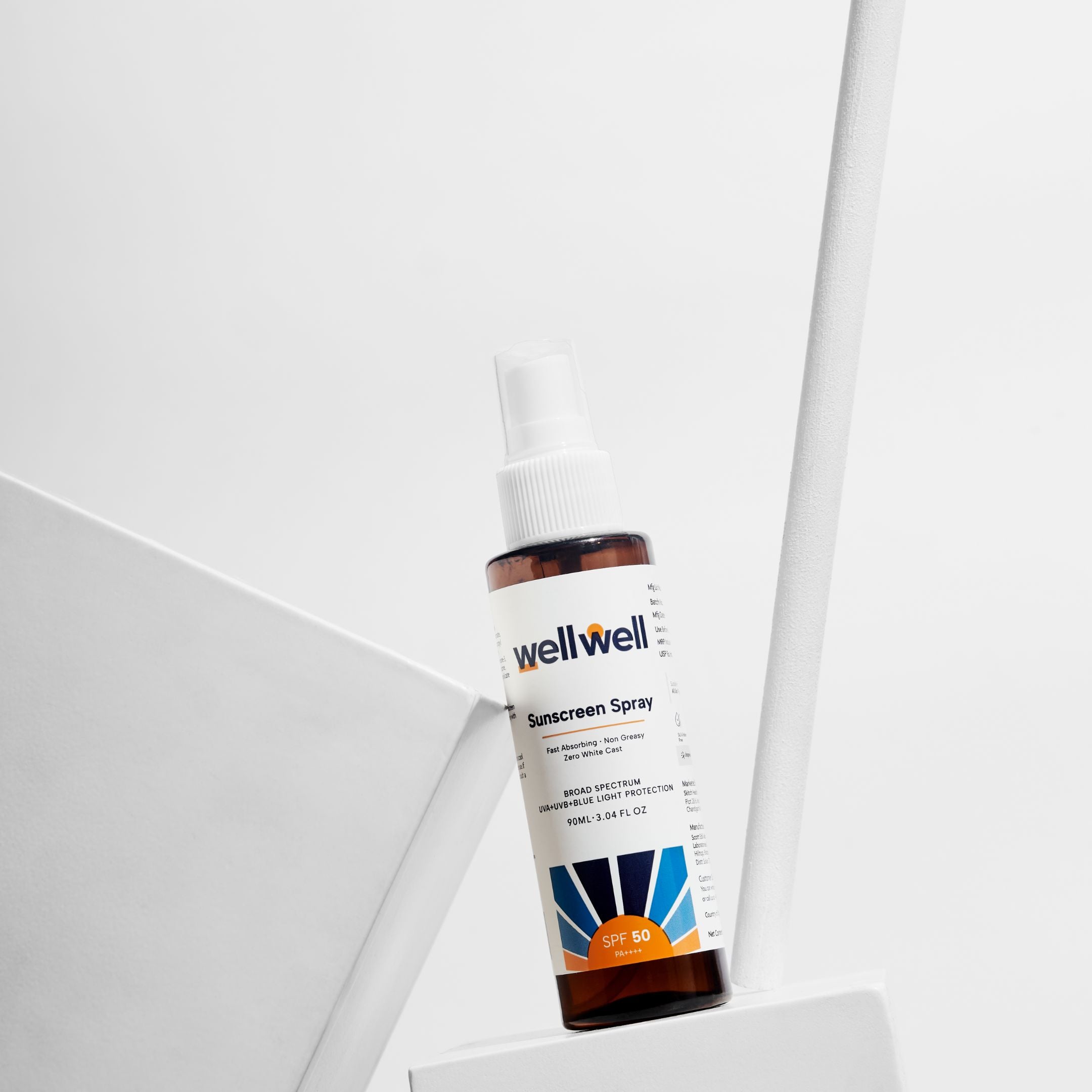
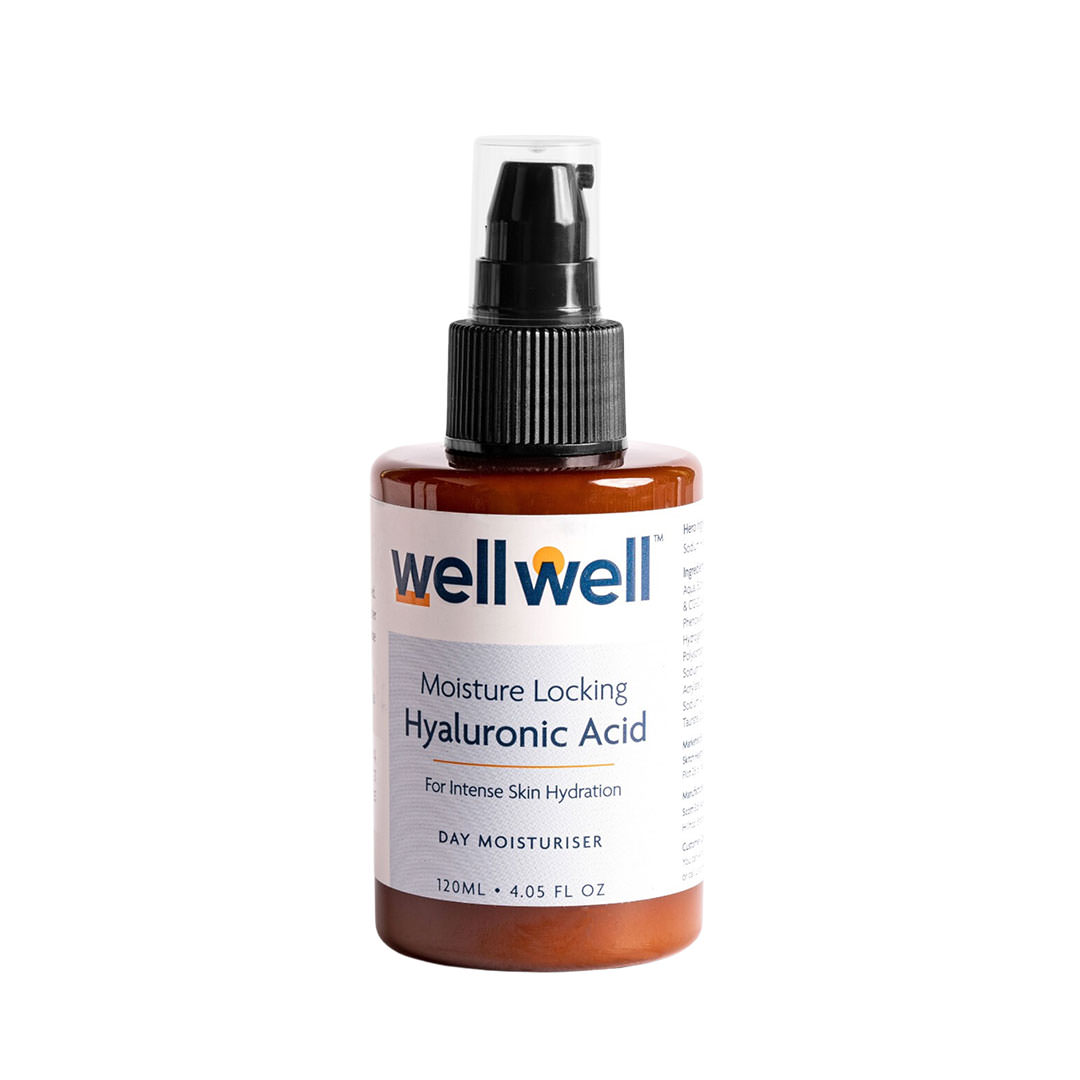
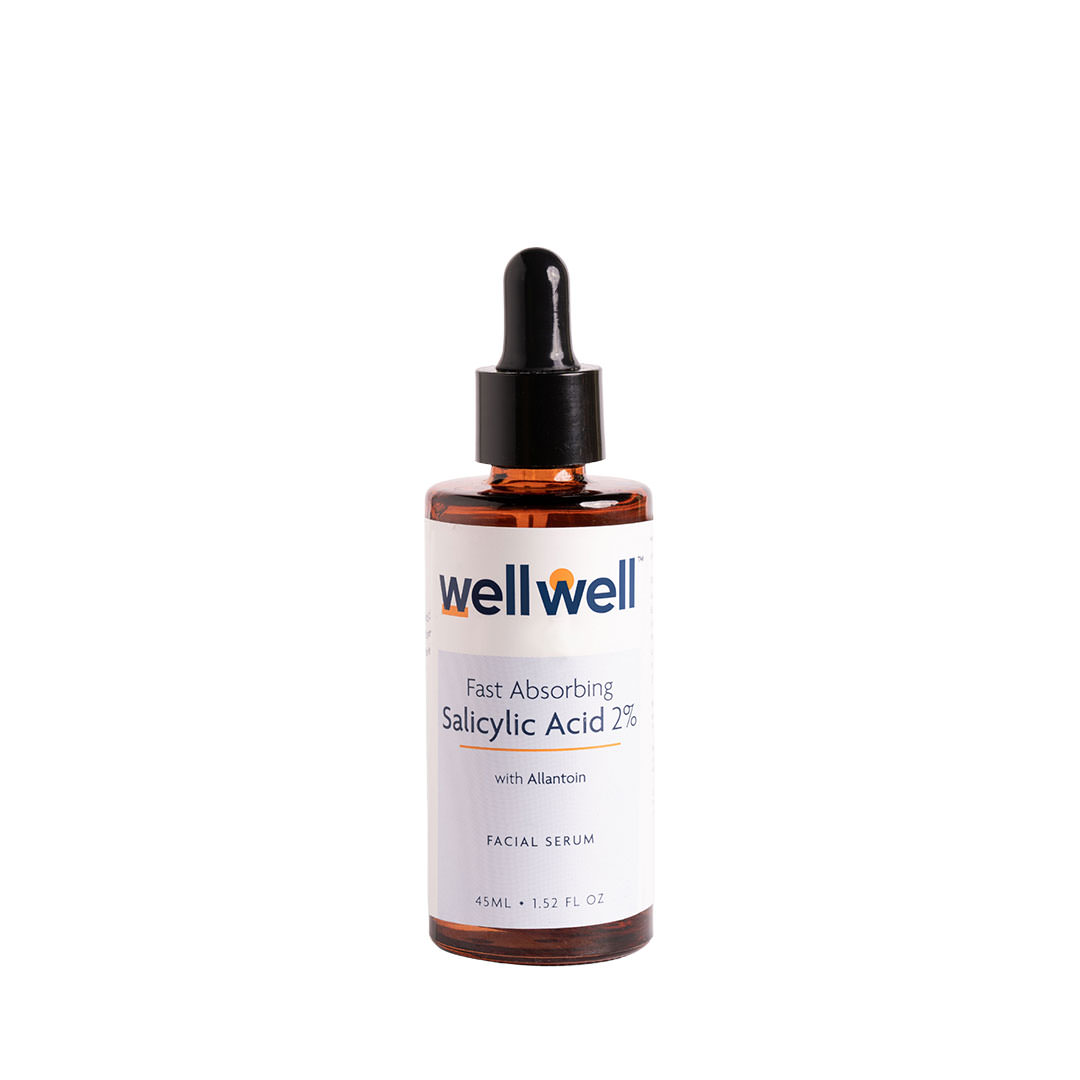
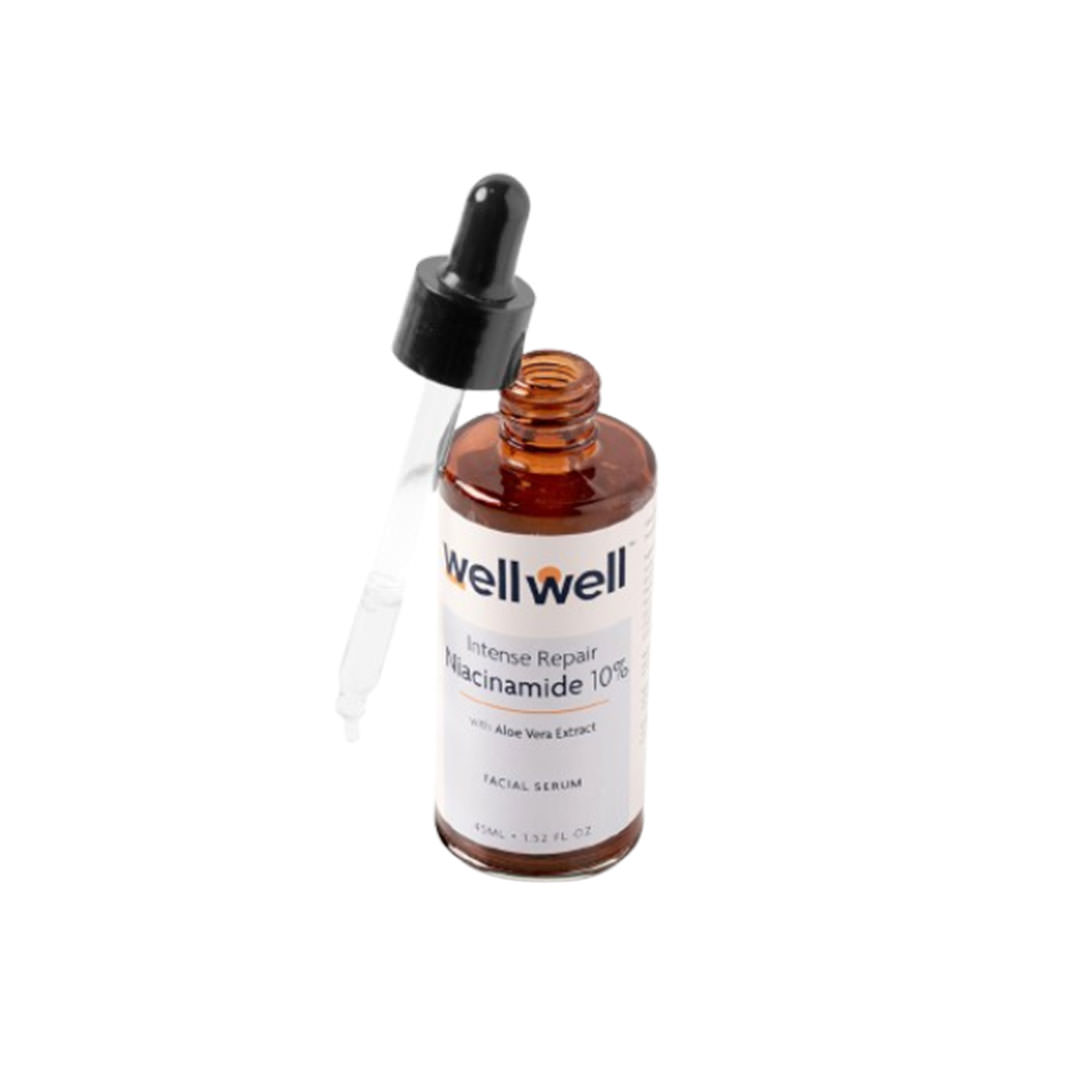
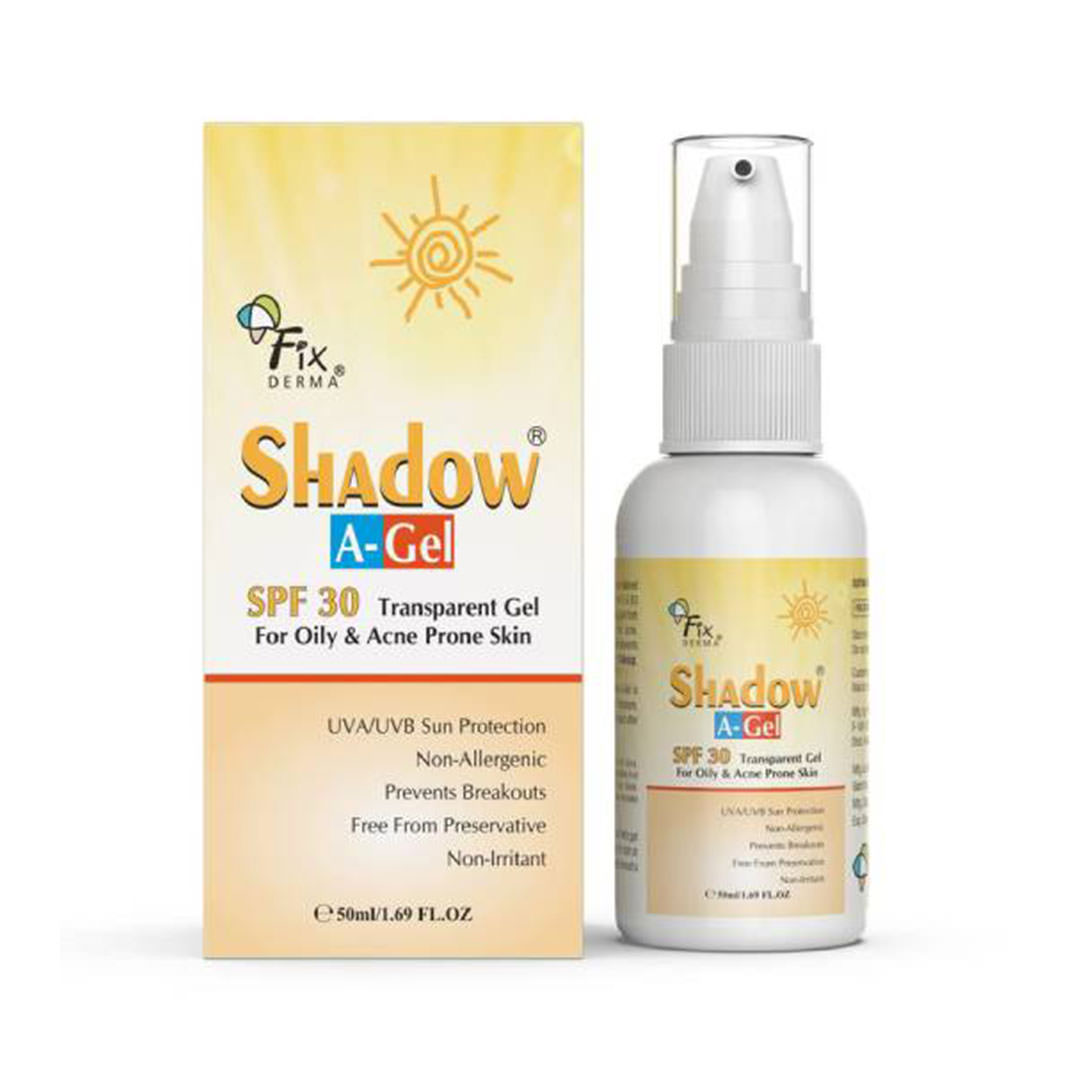
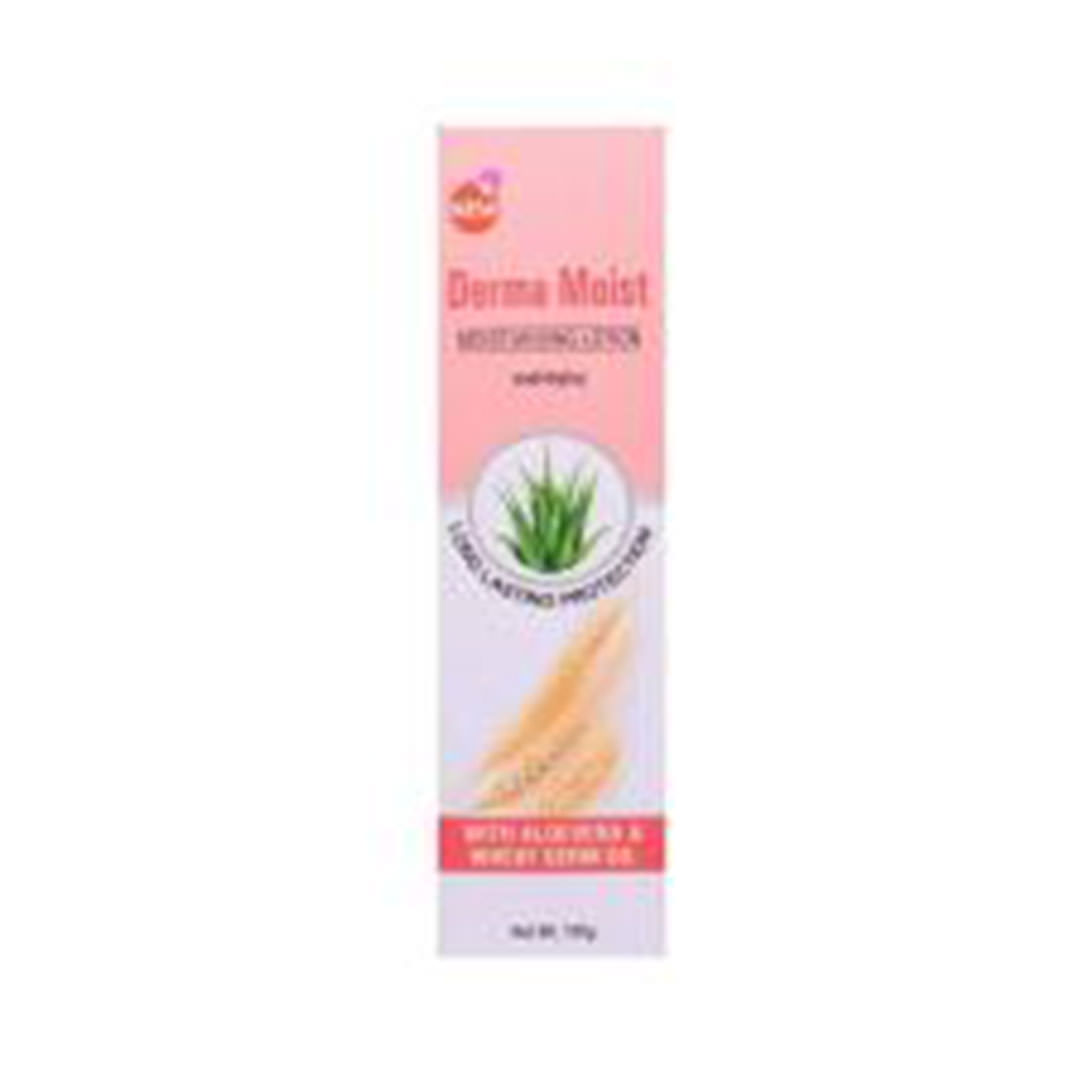
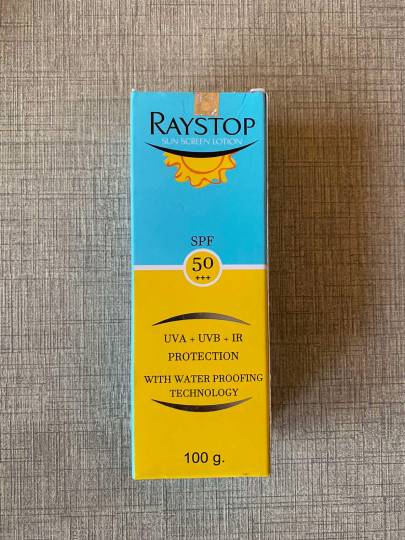
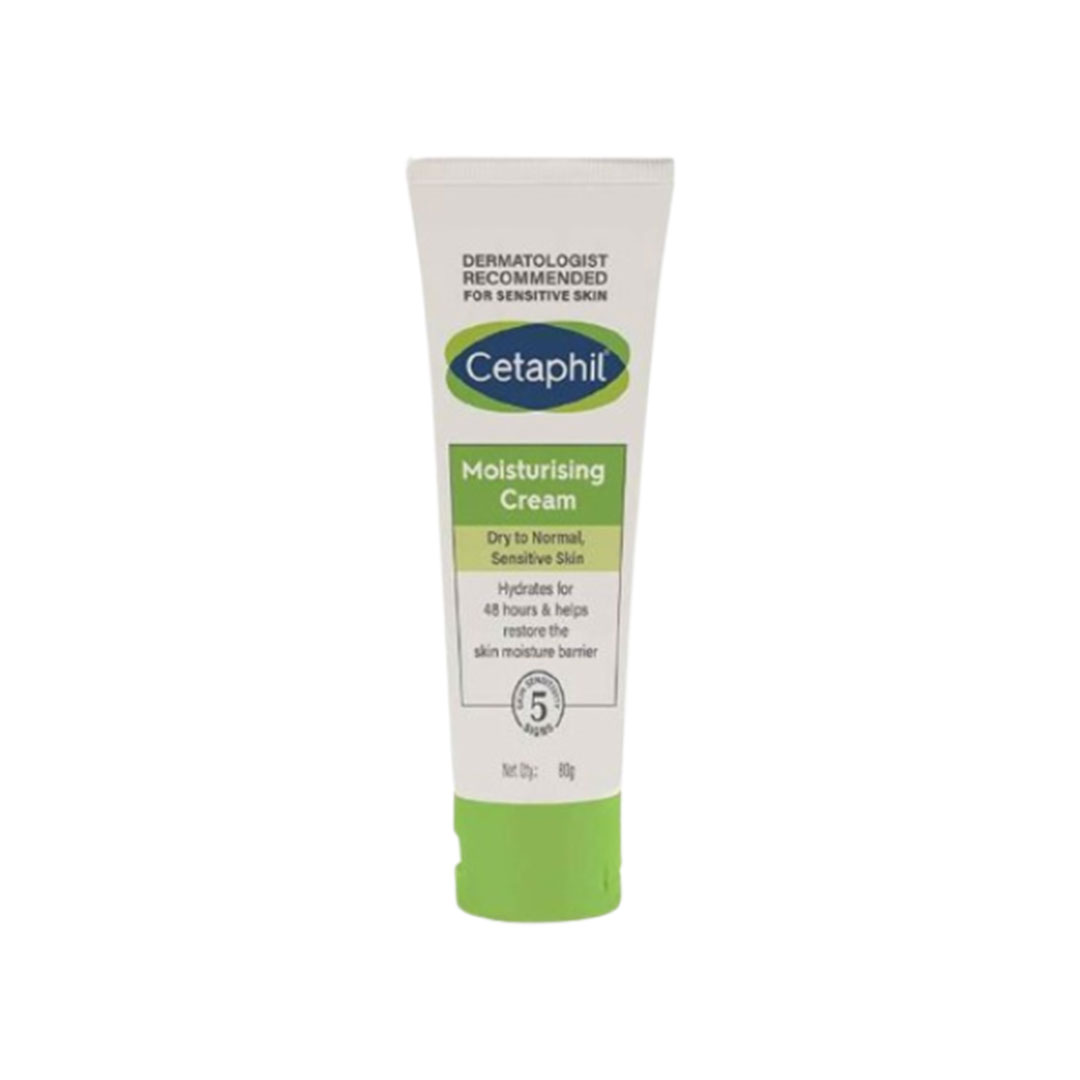


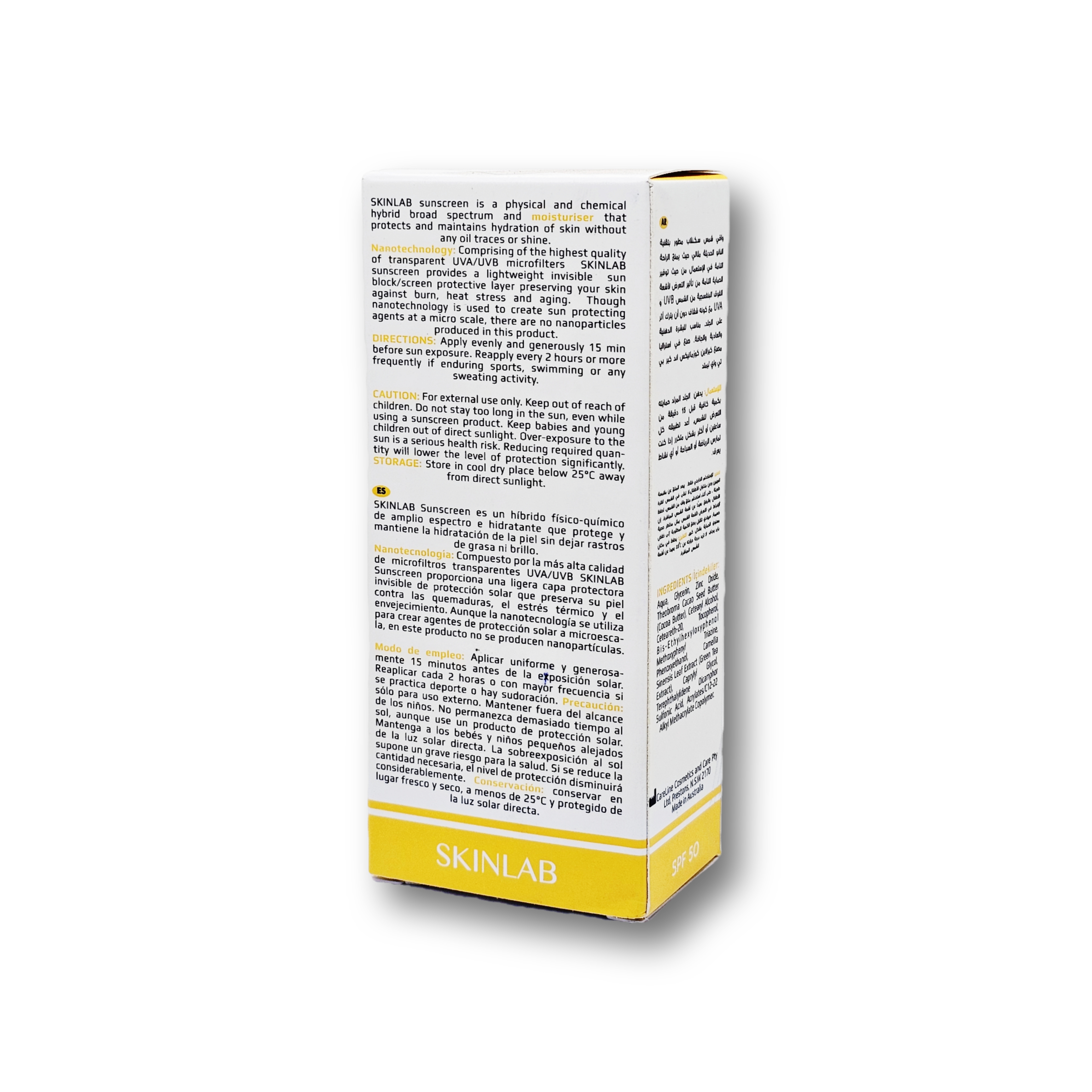
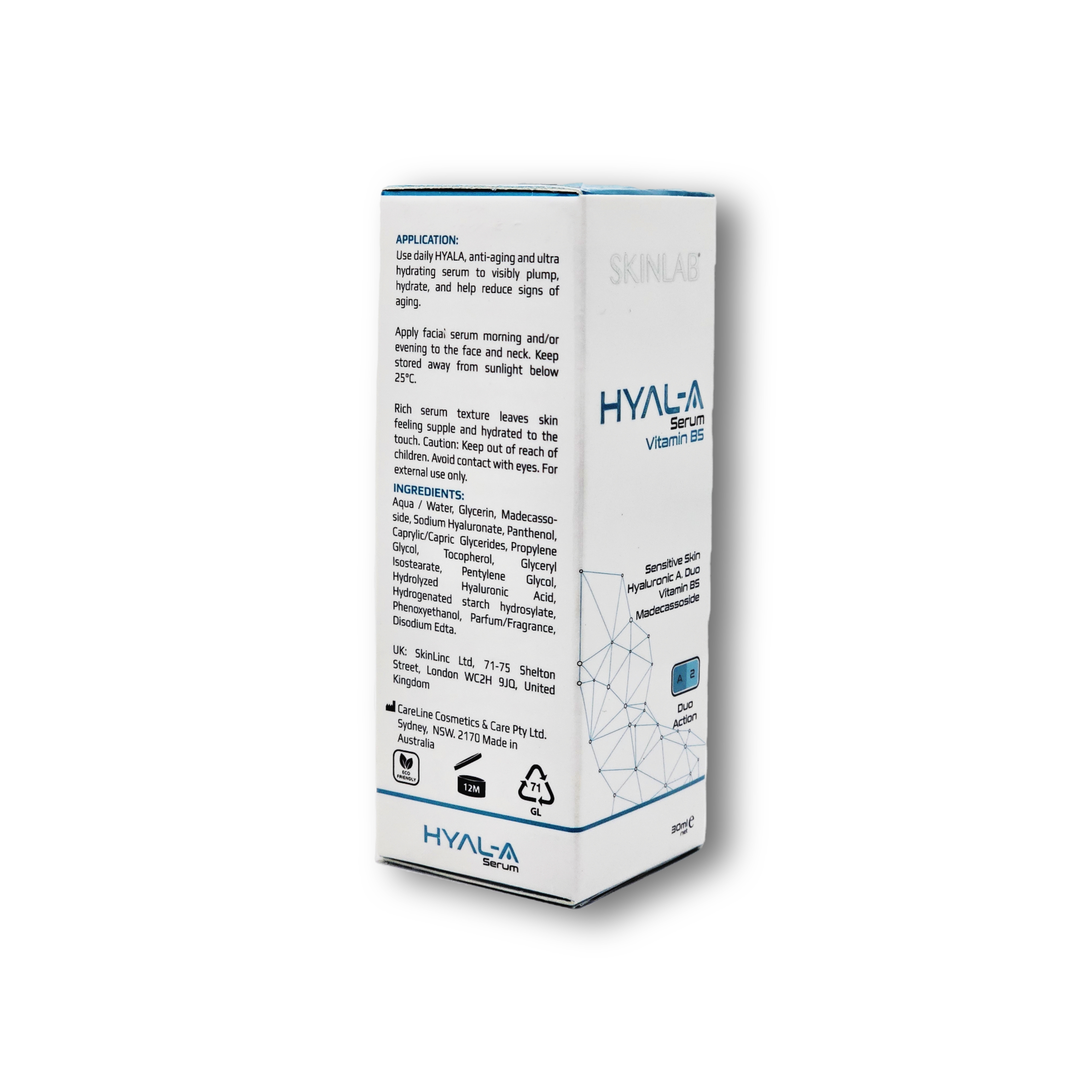
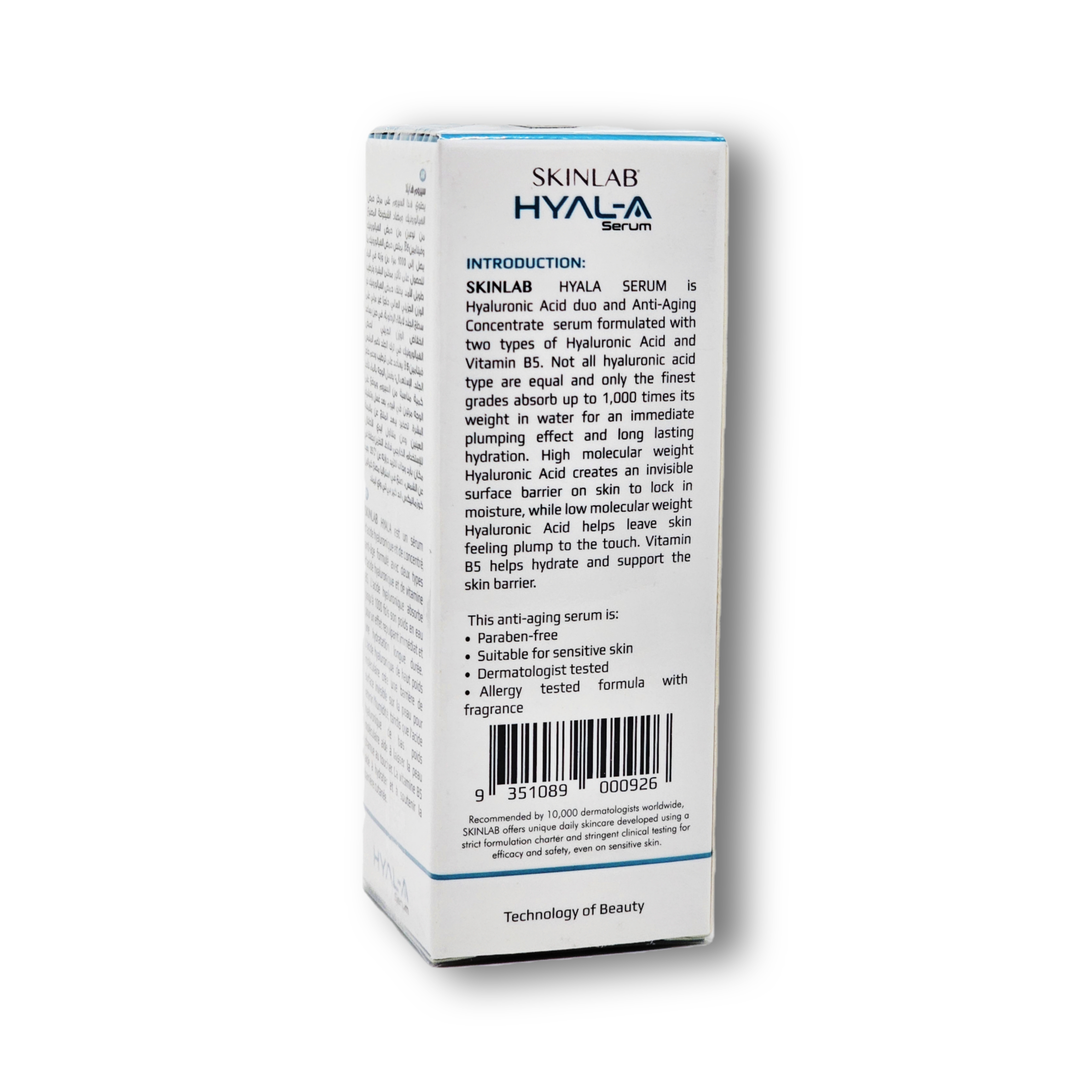
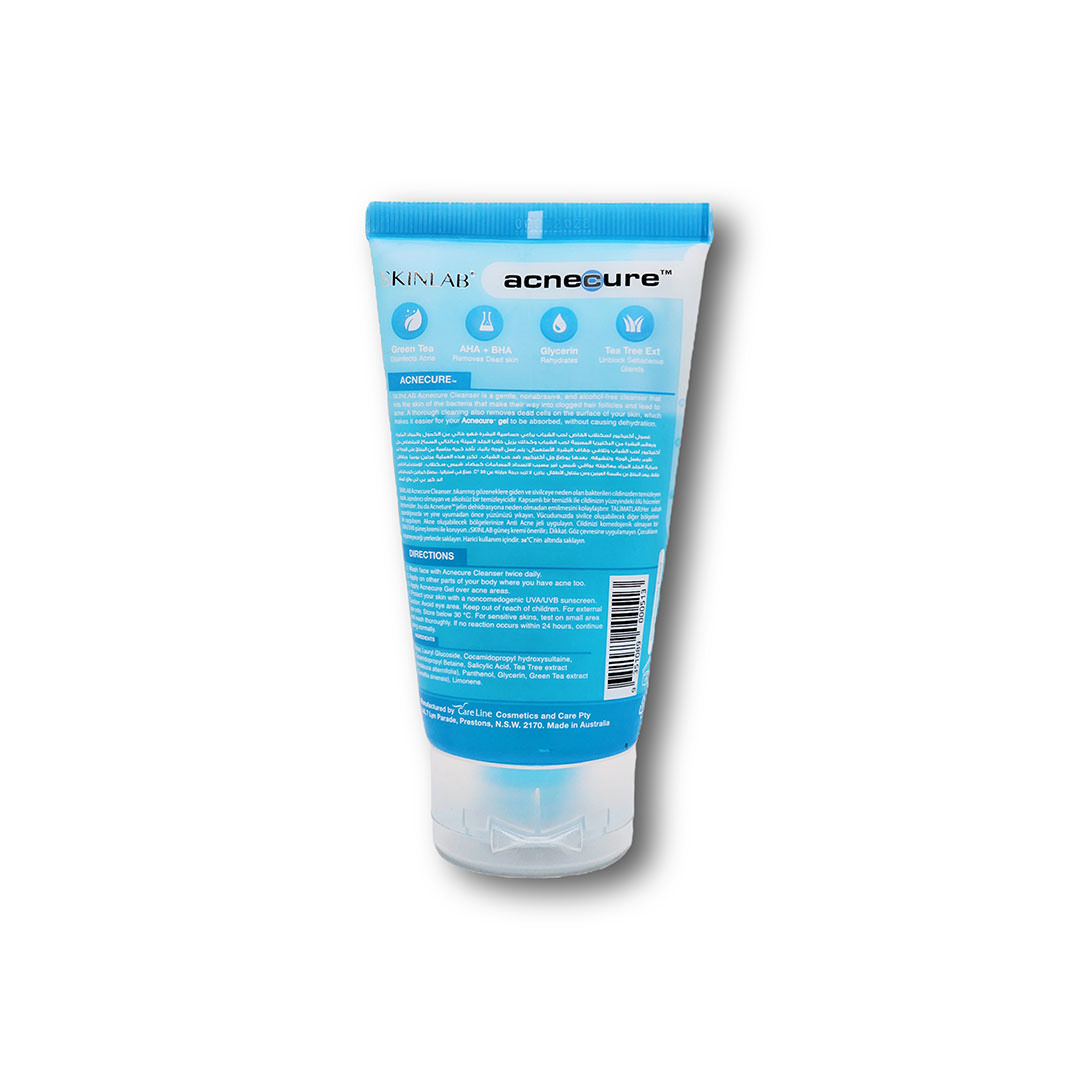
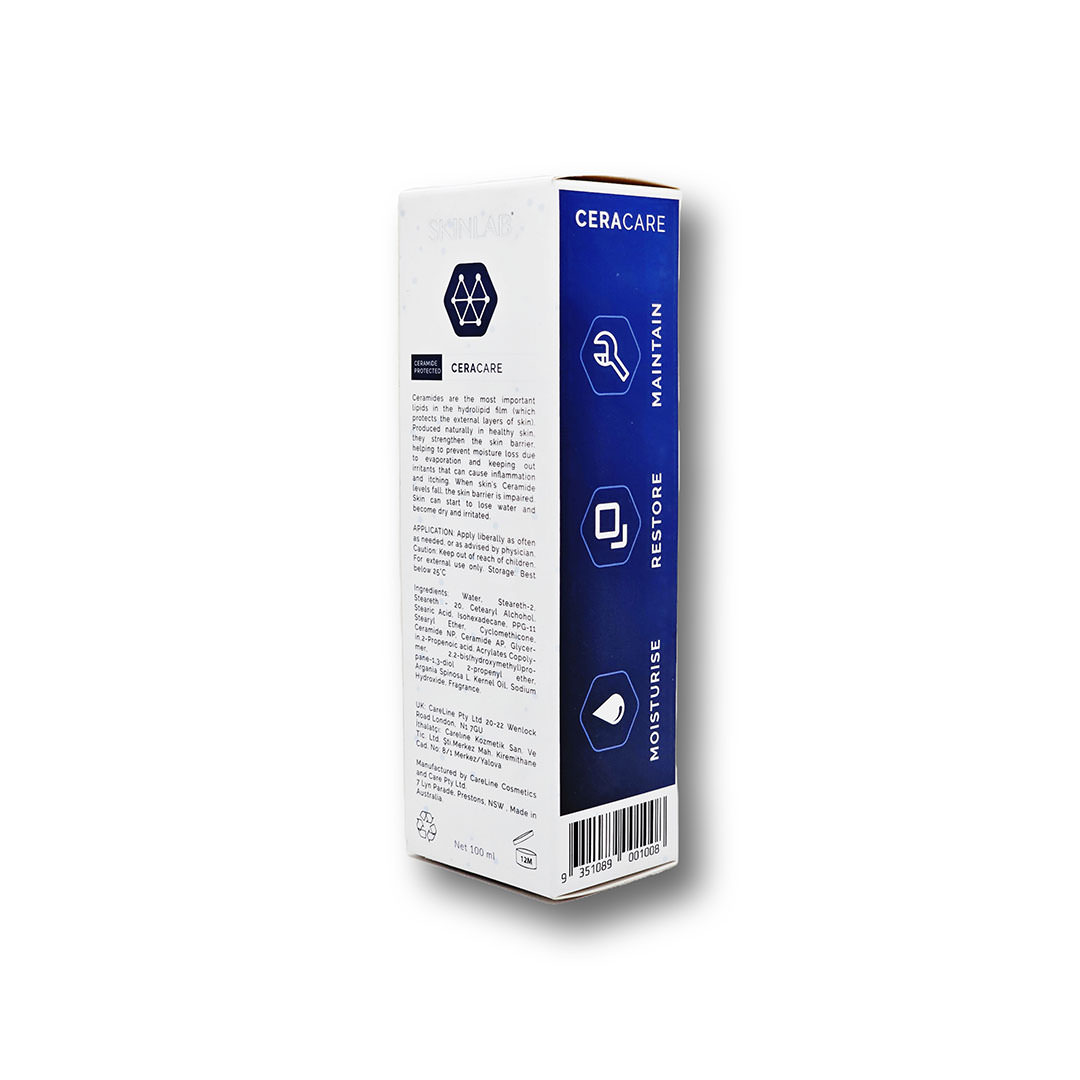
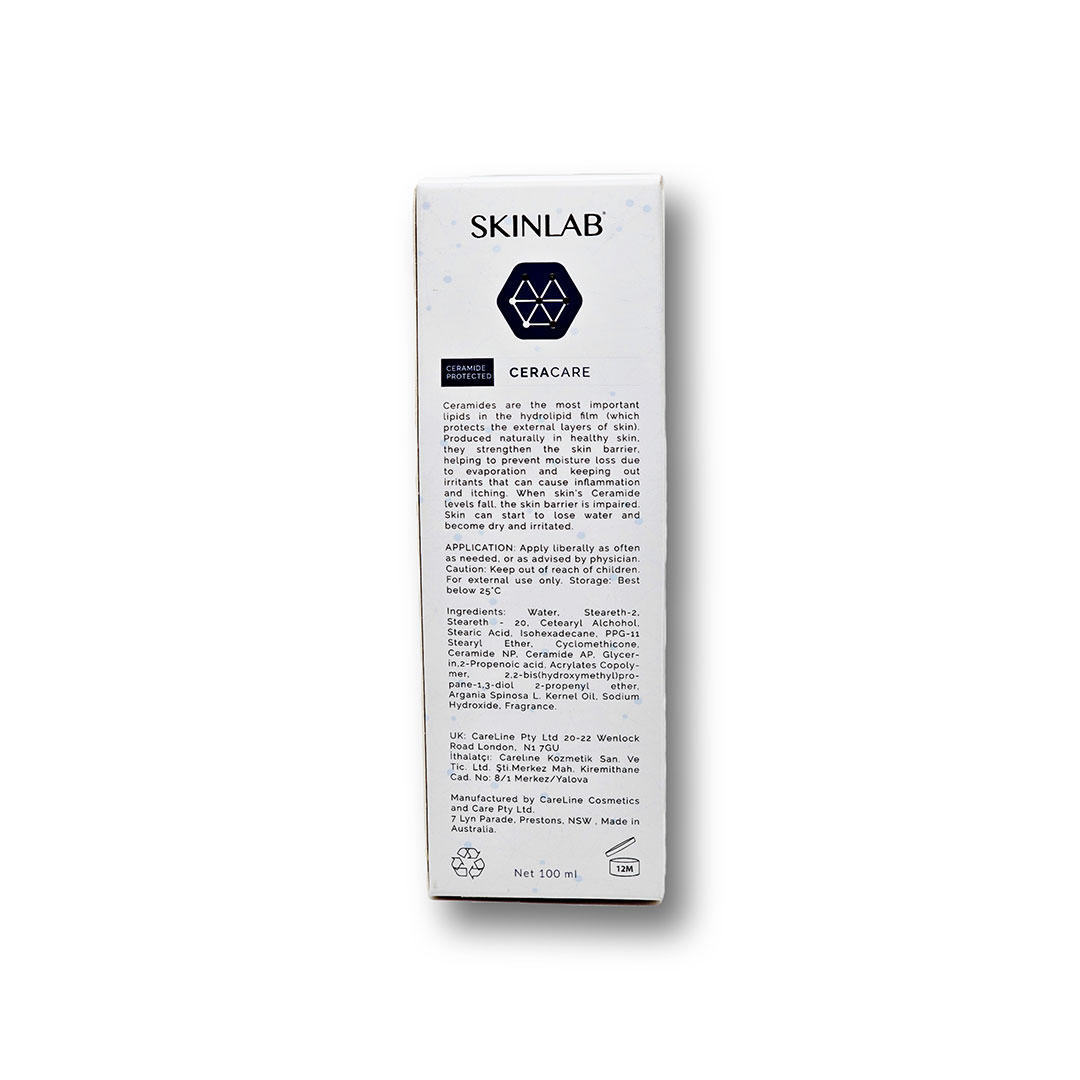
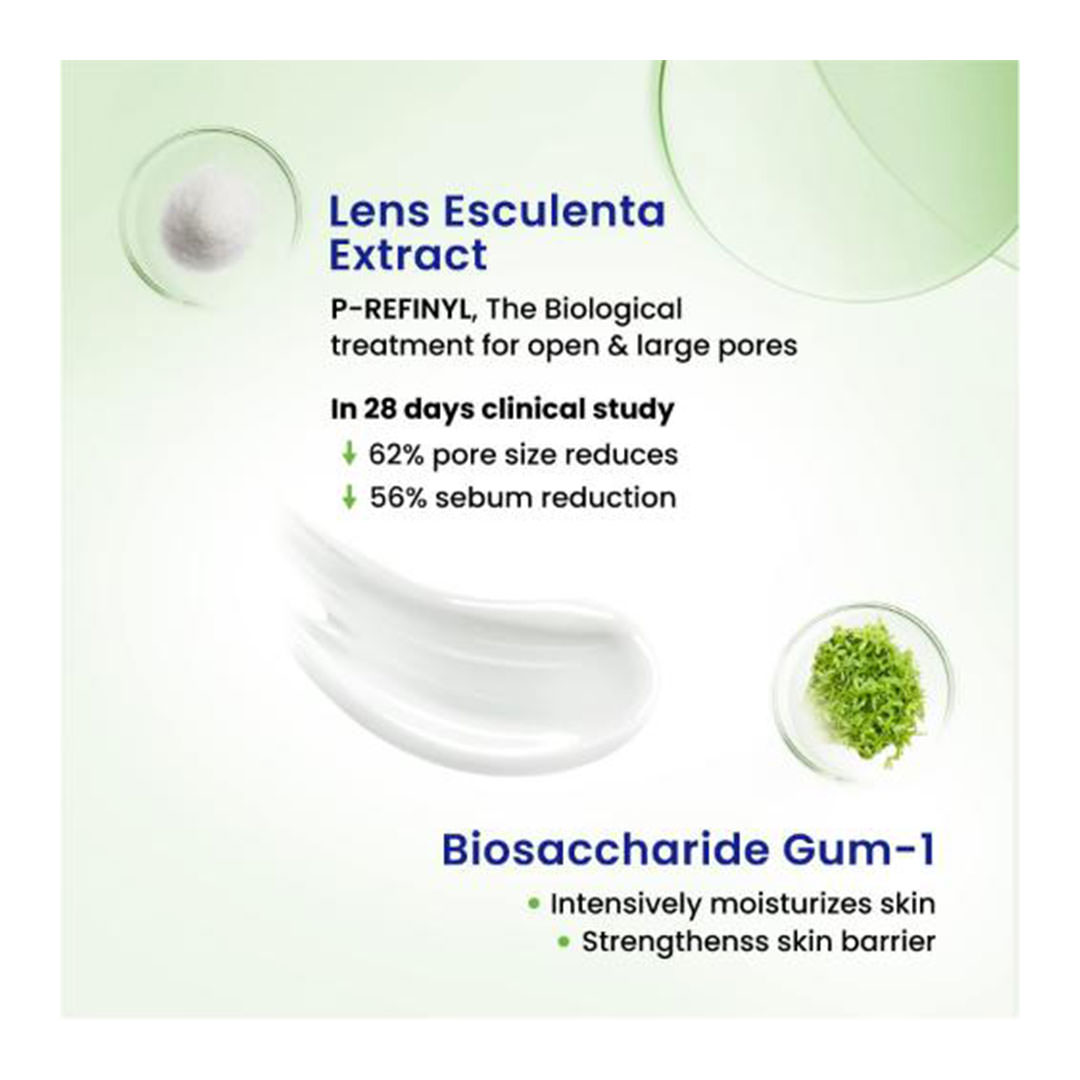
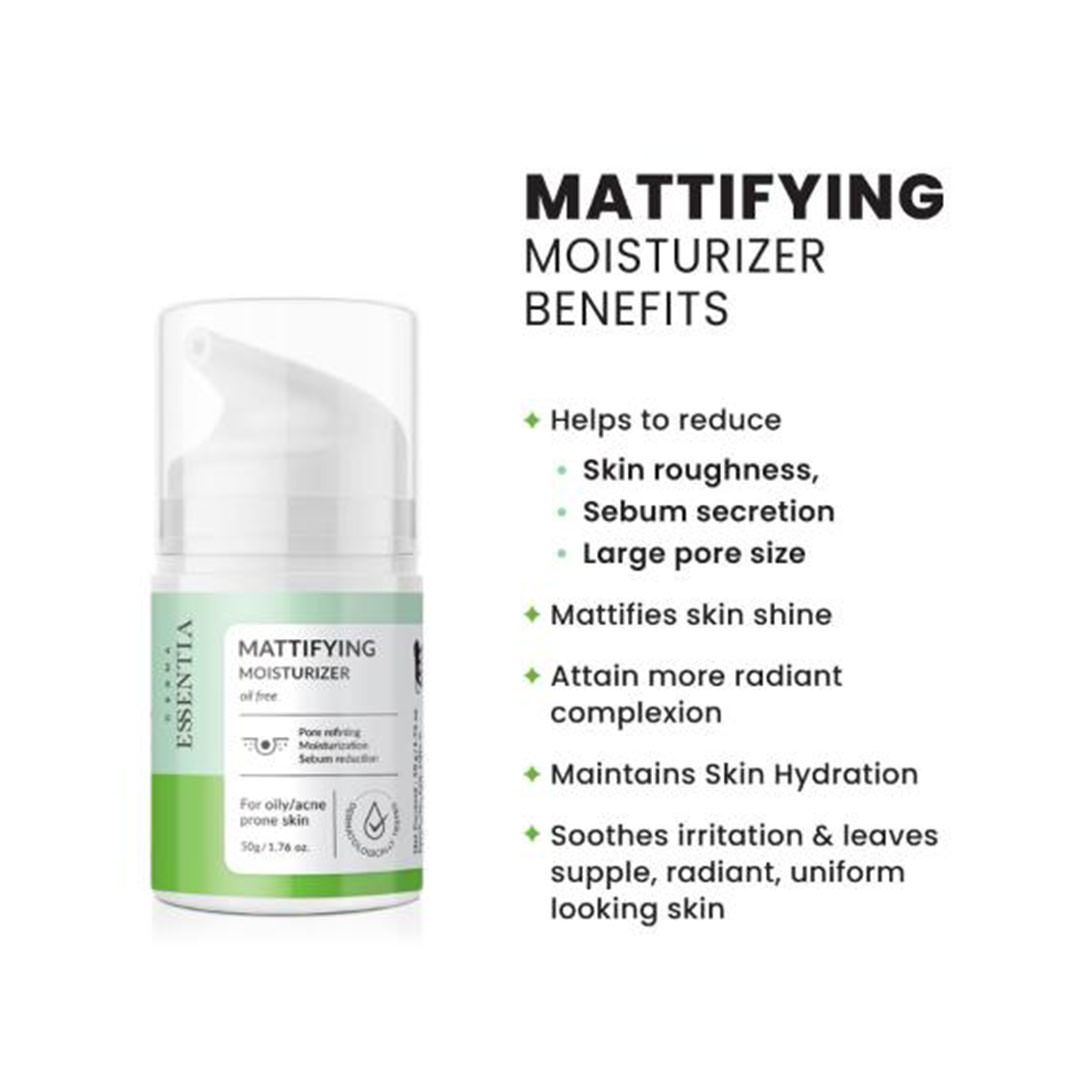
.jpg)
.jpg)
